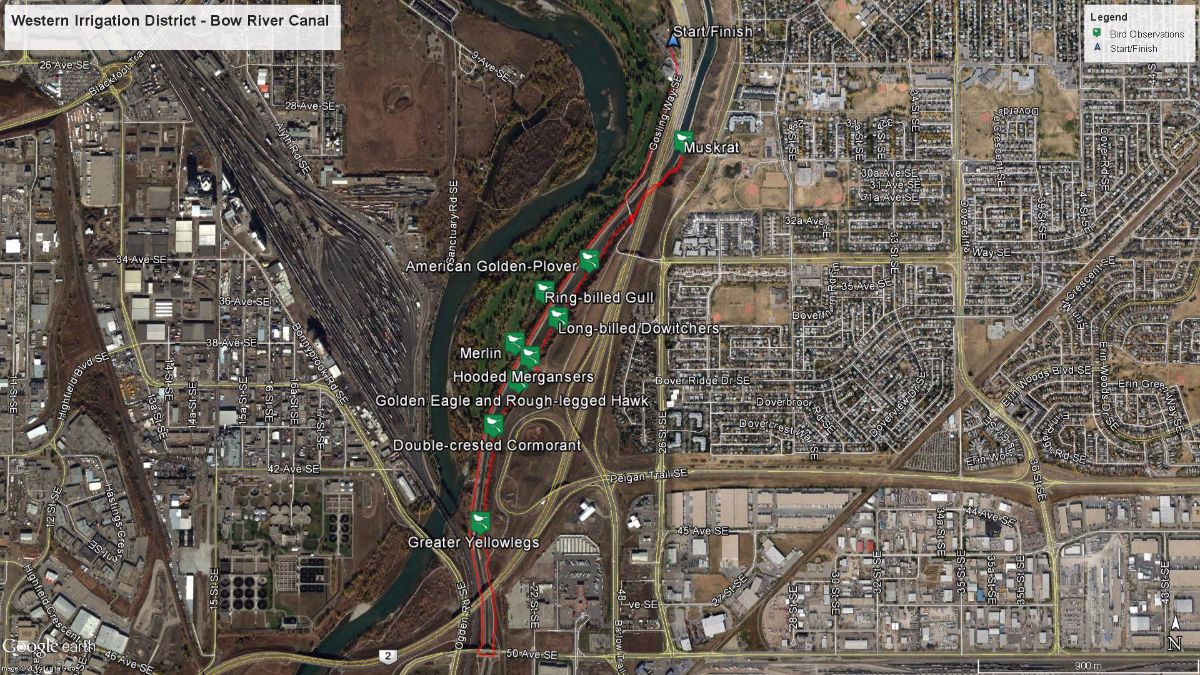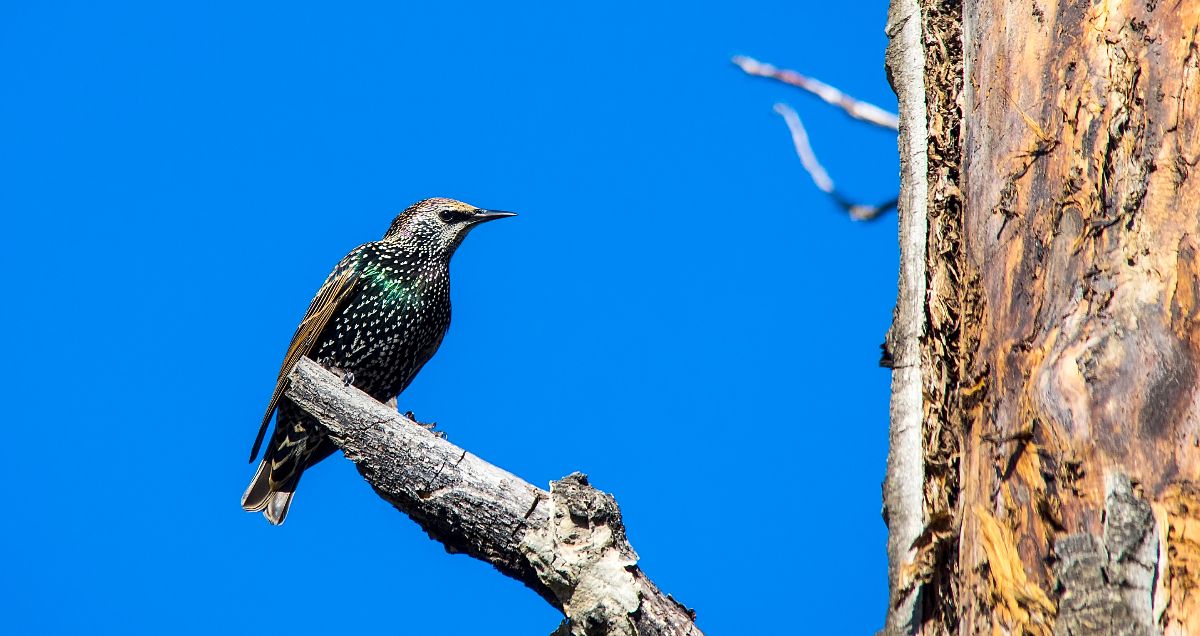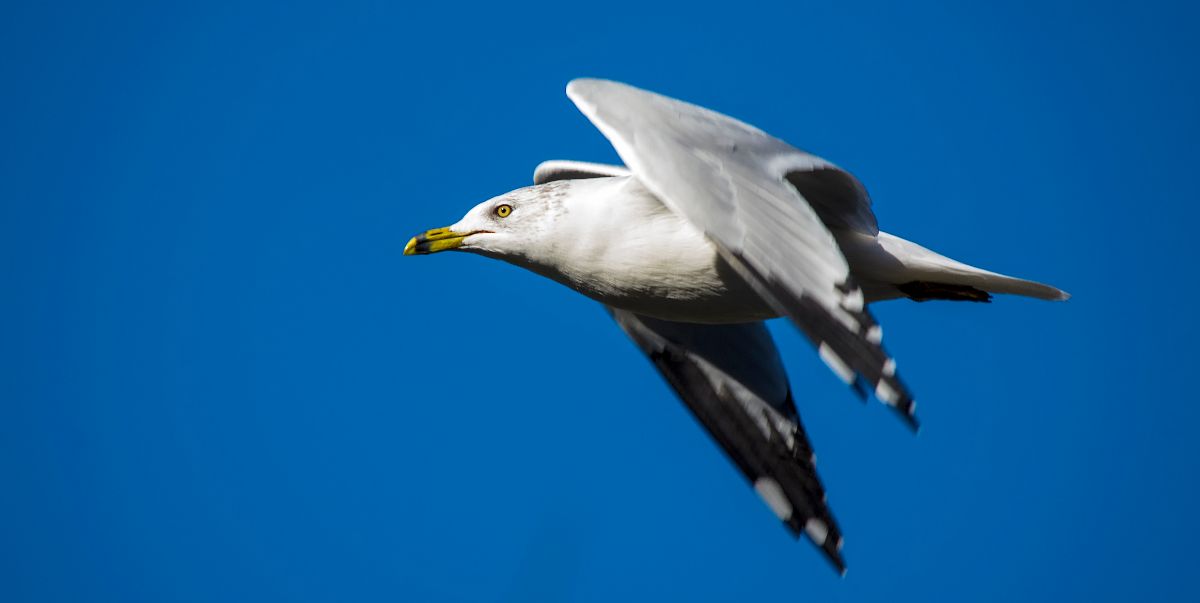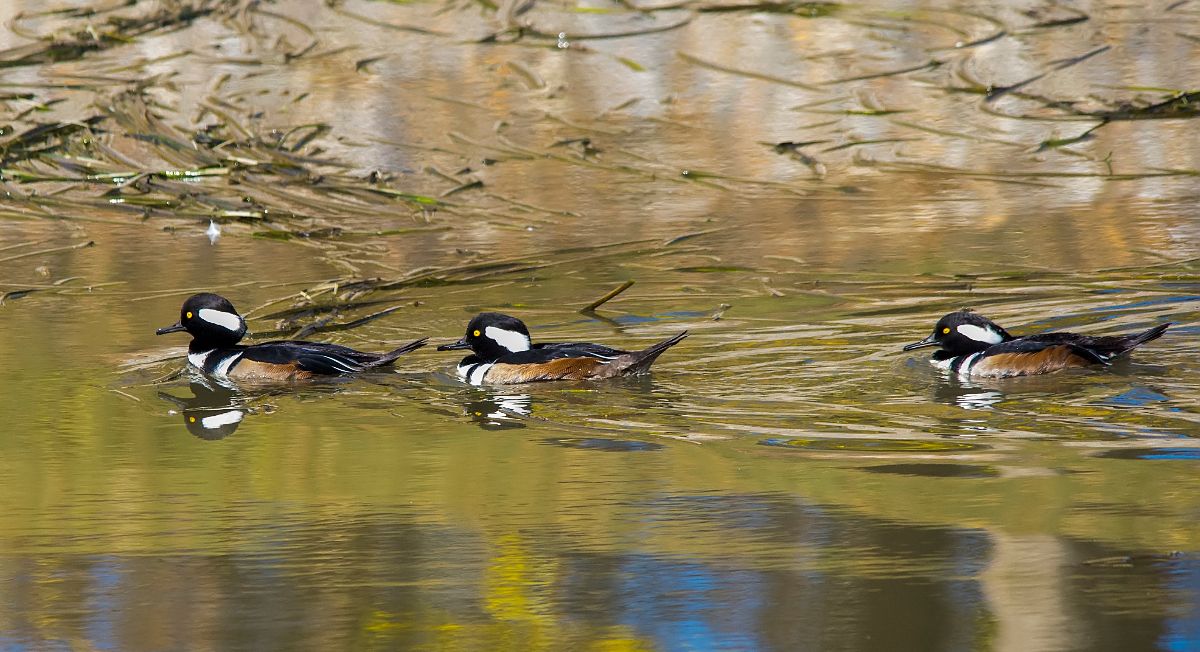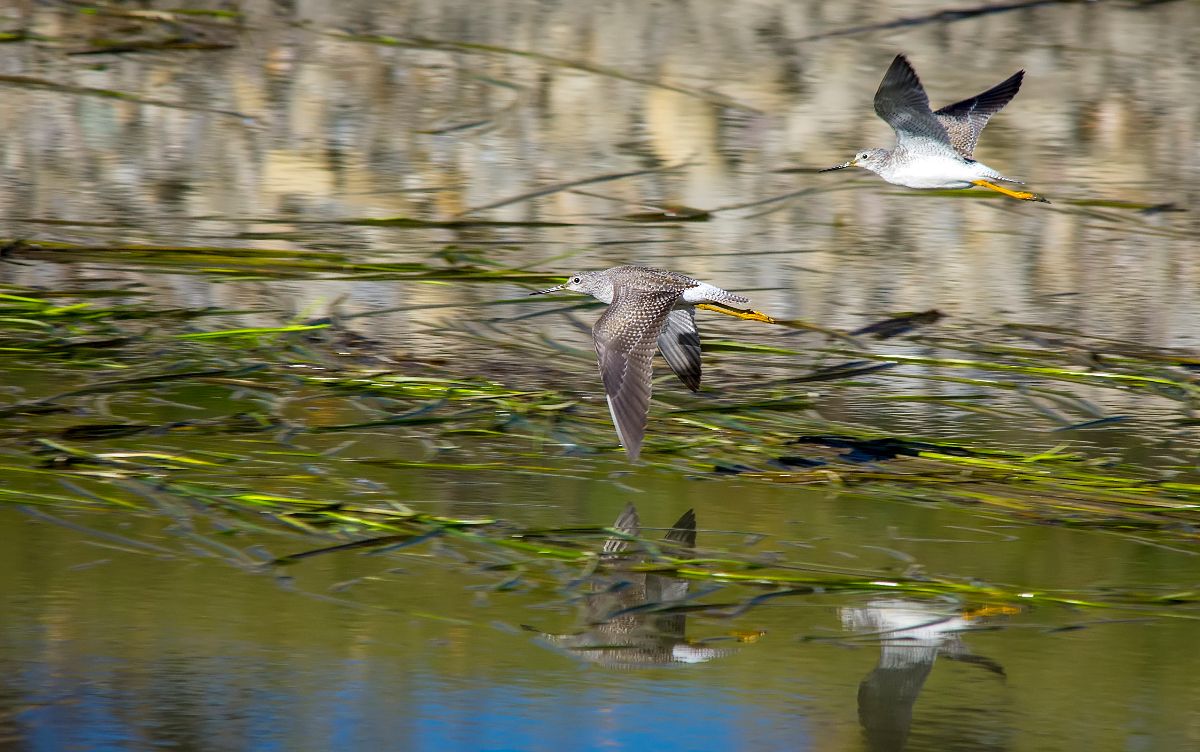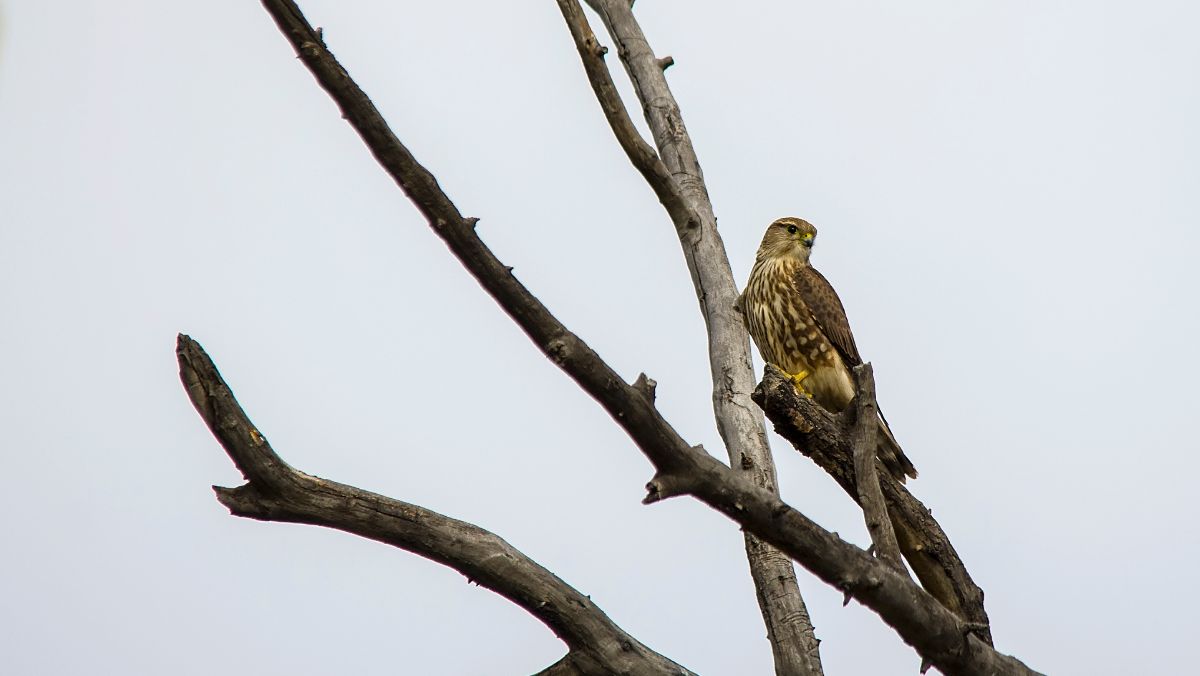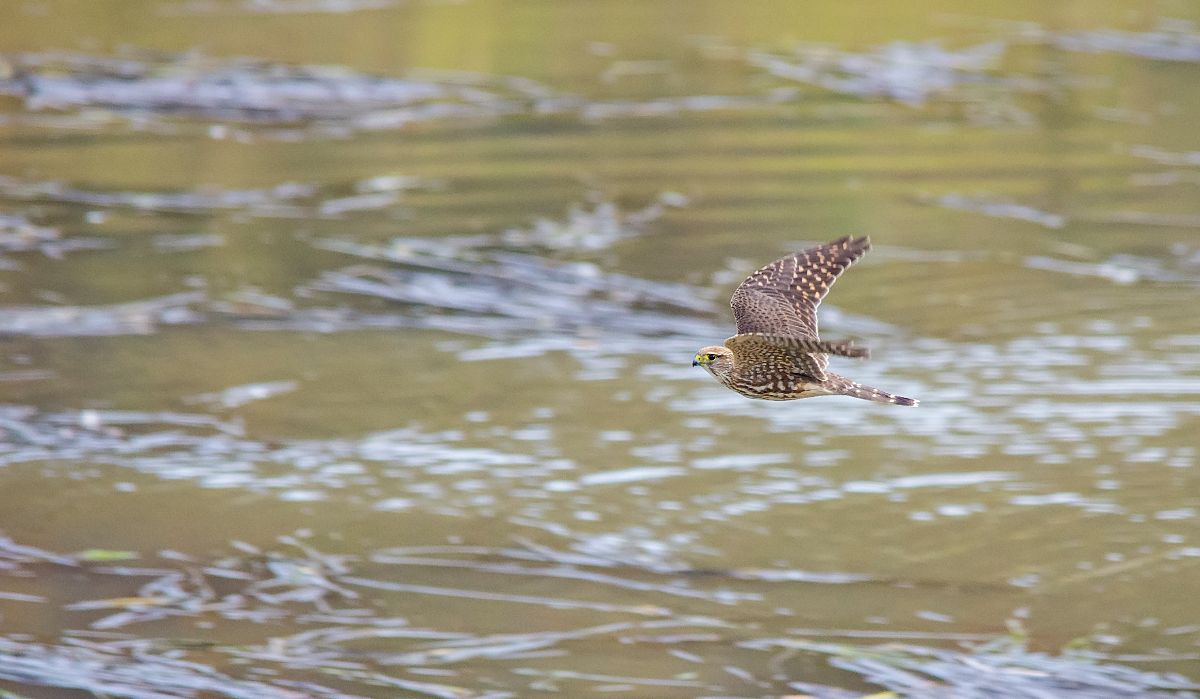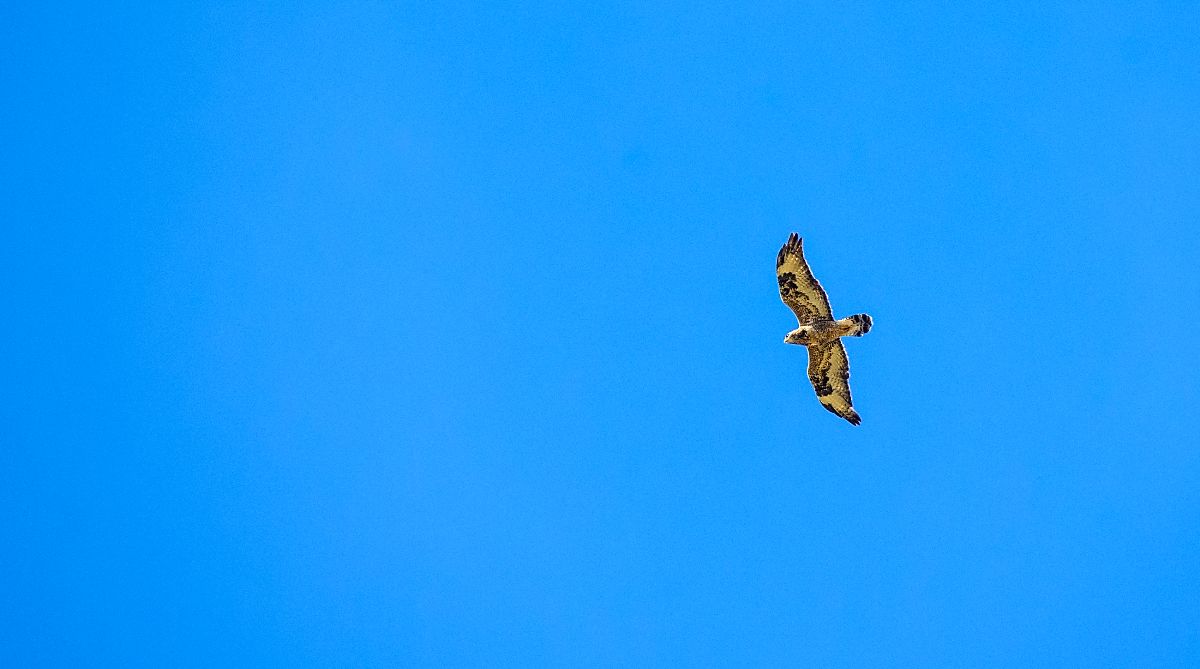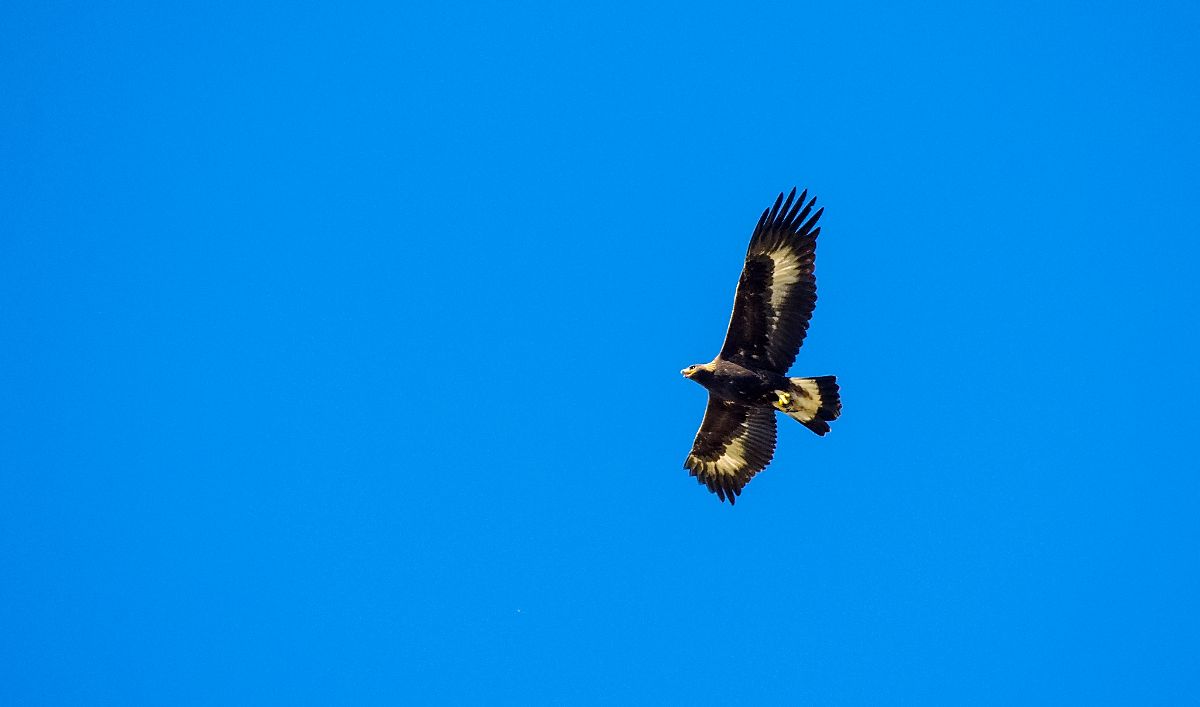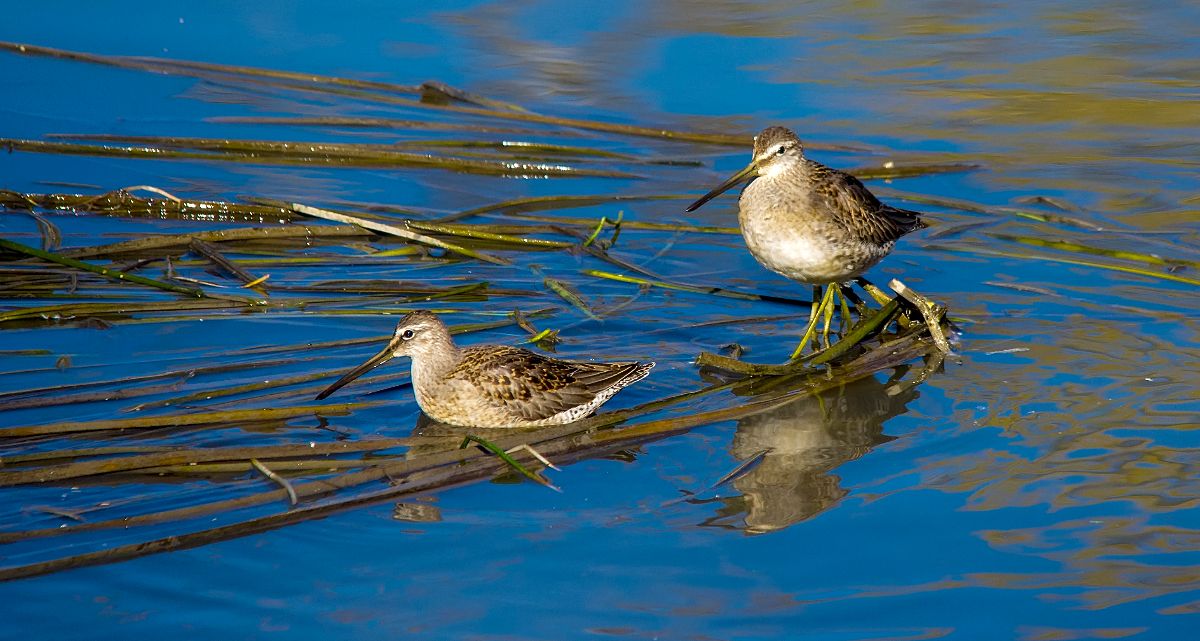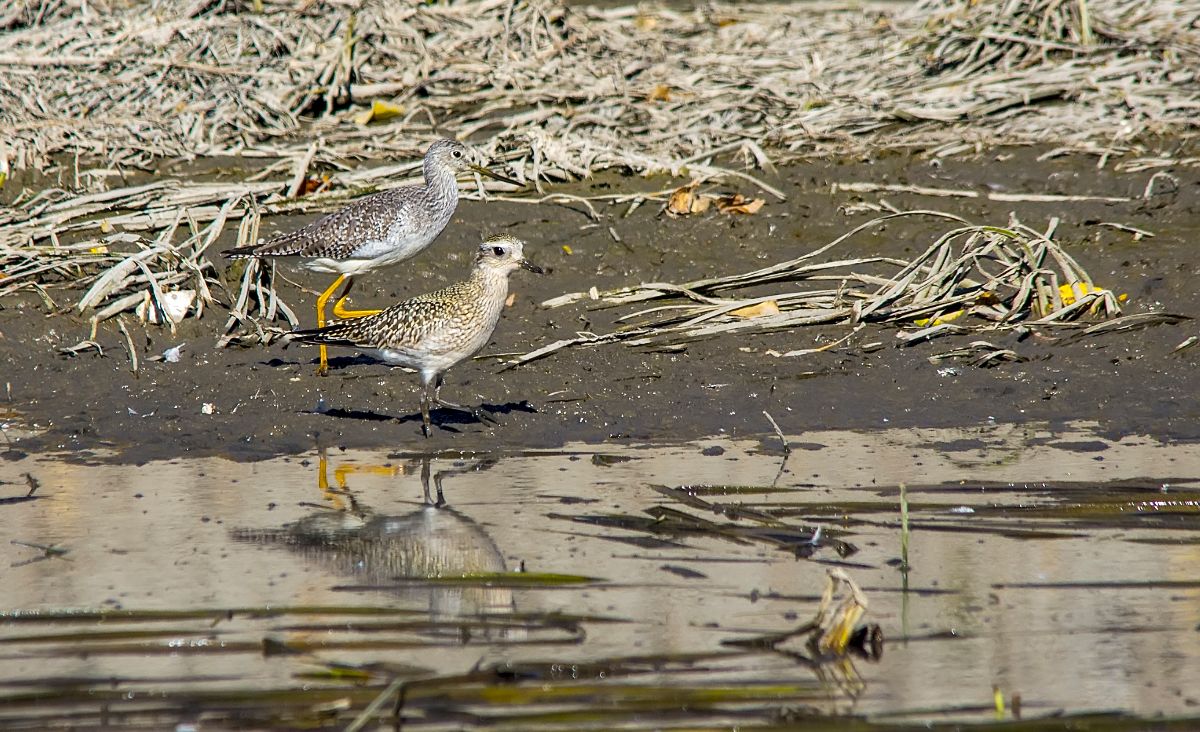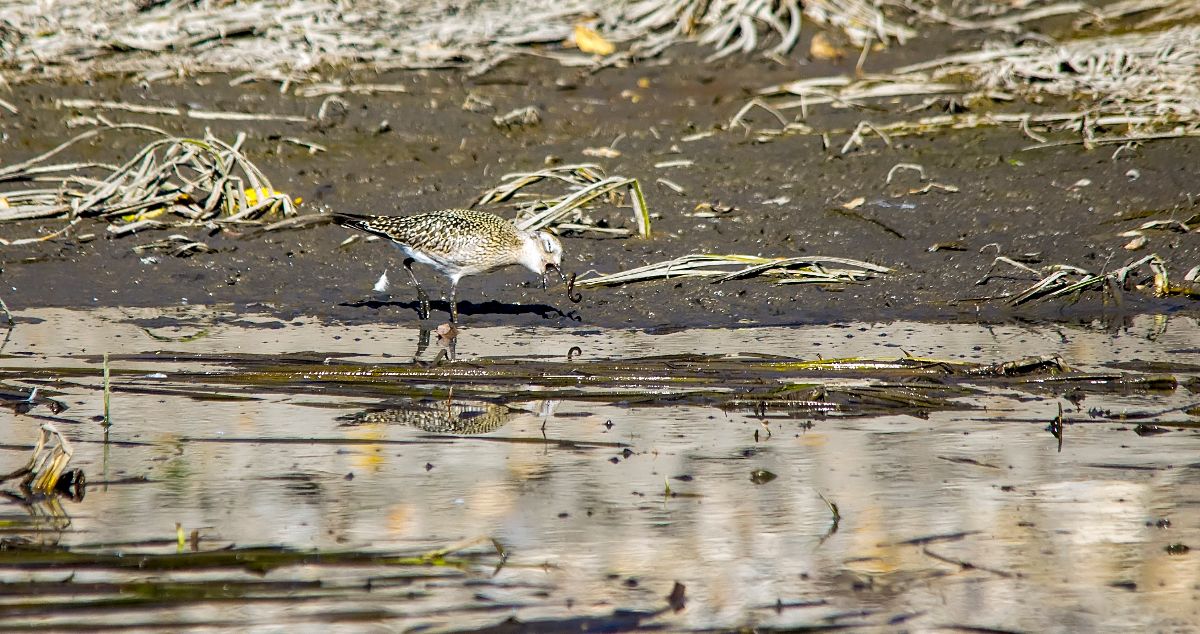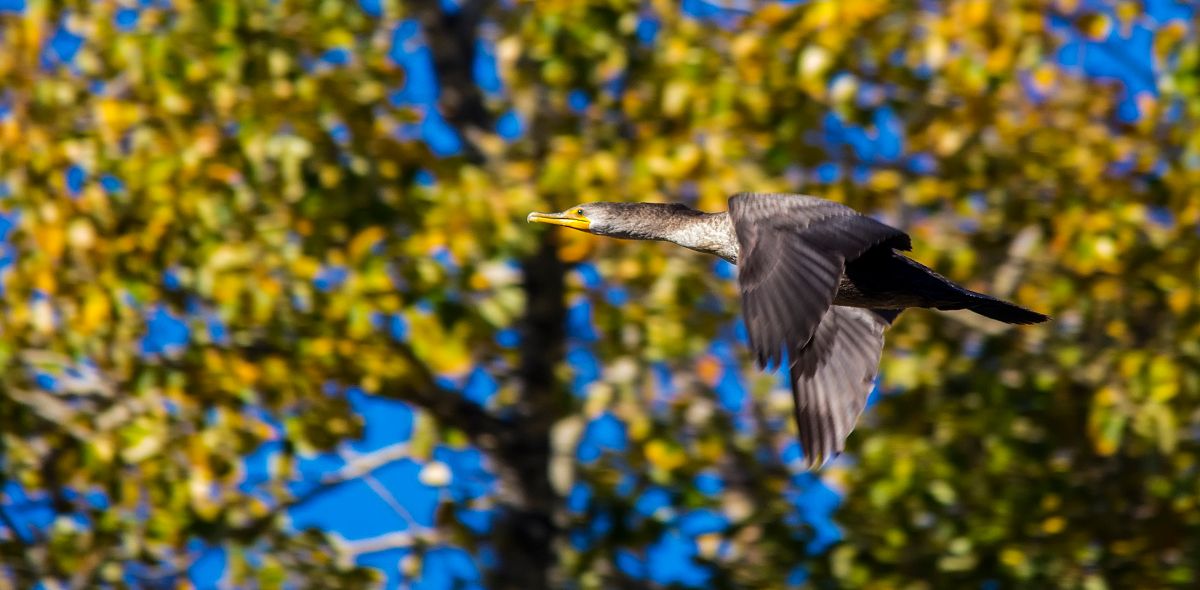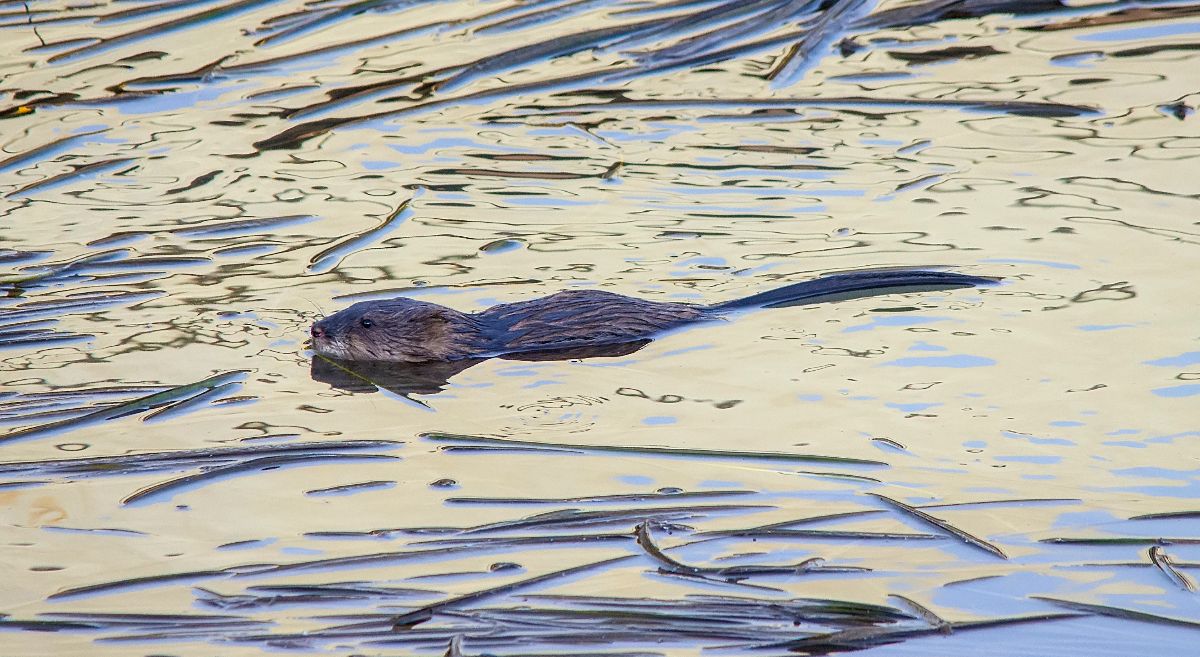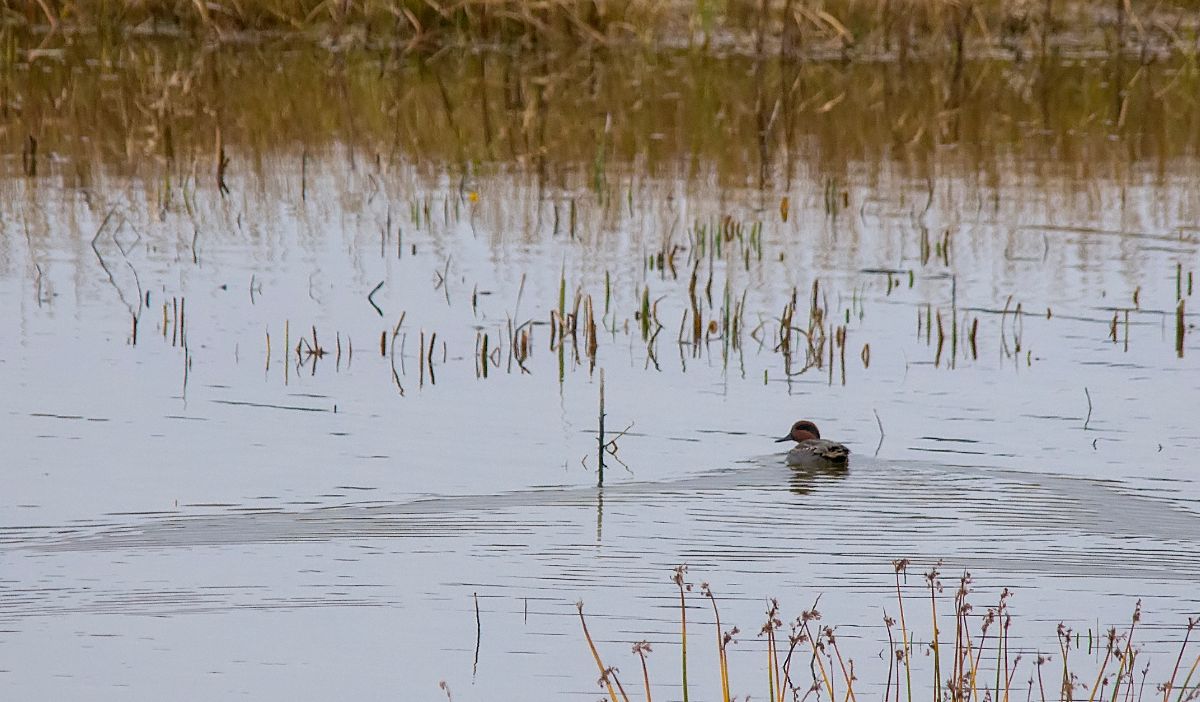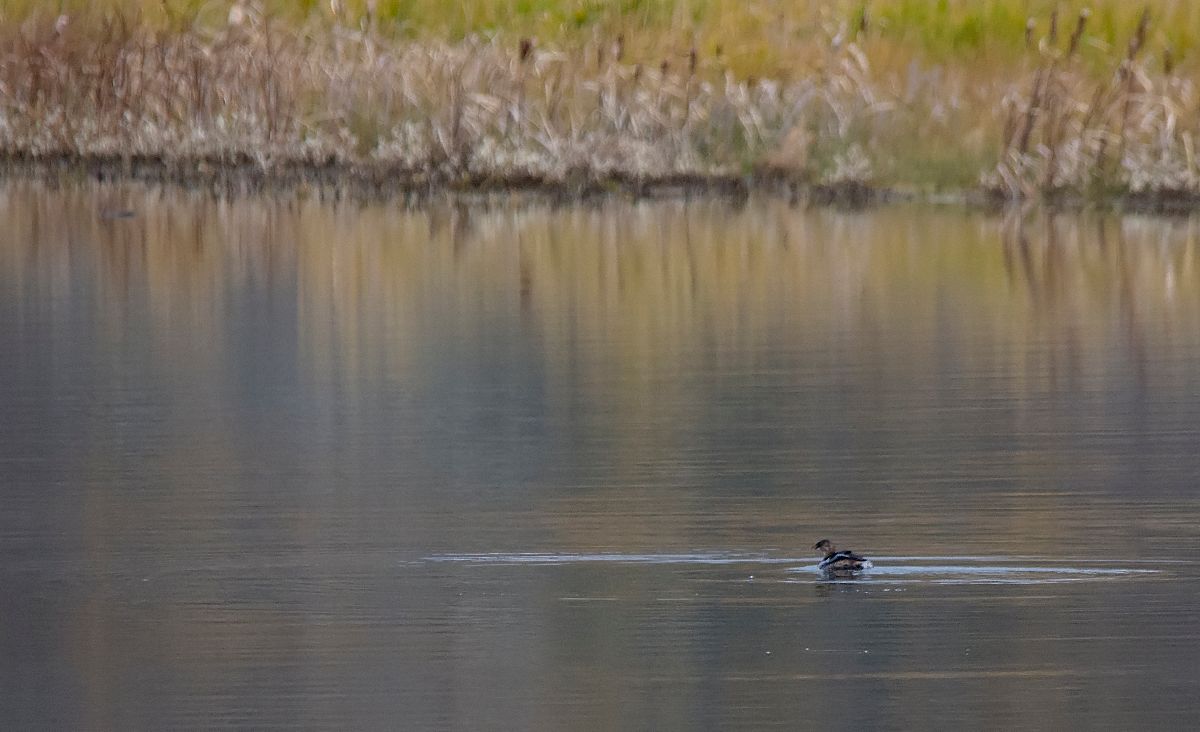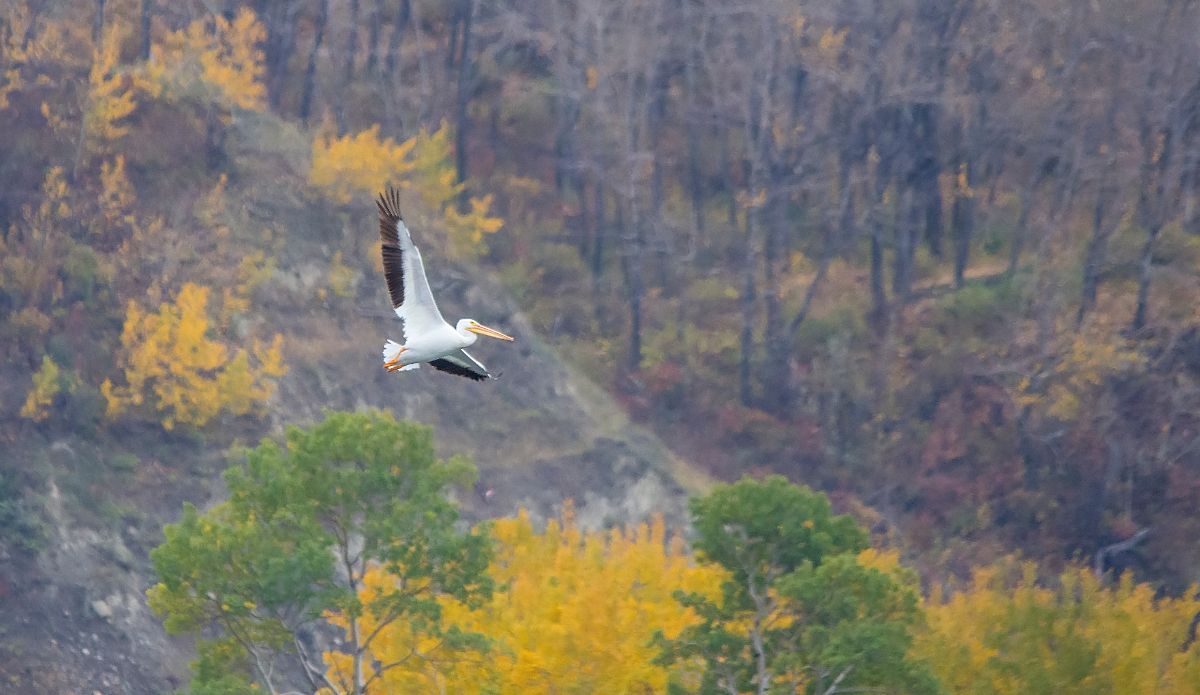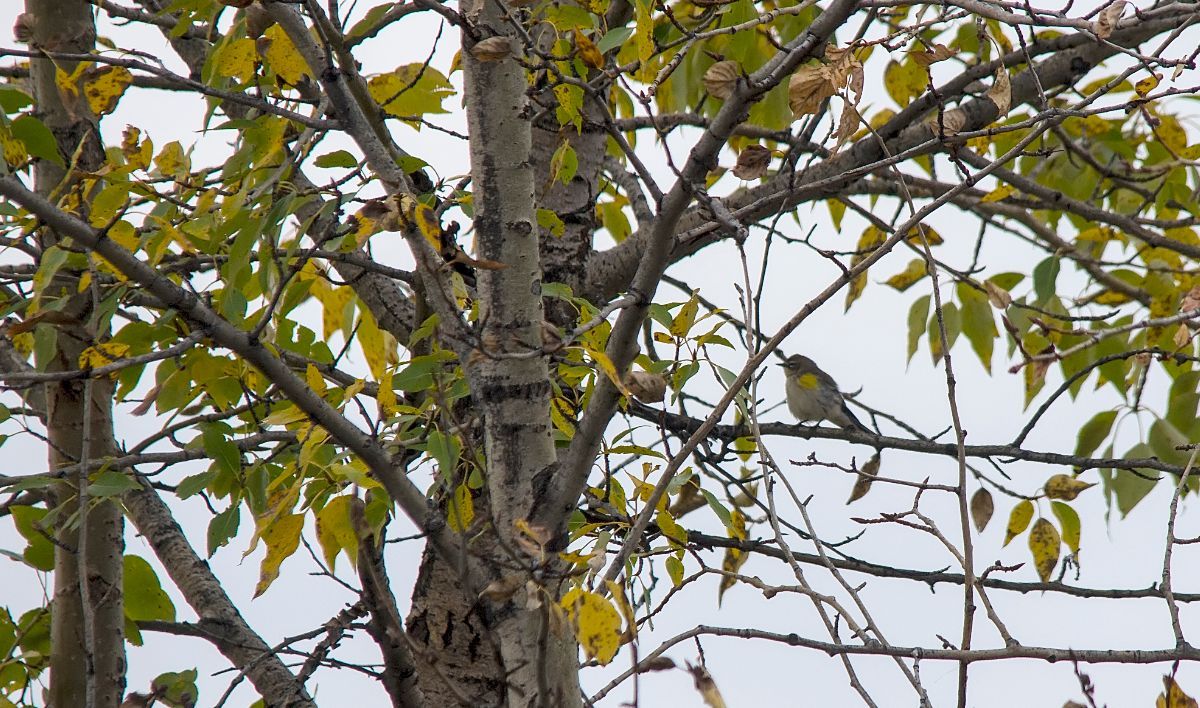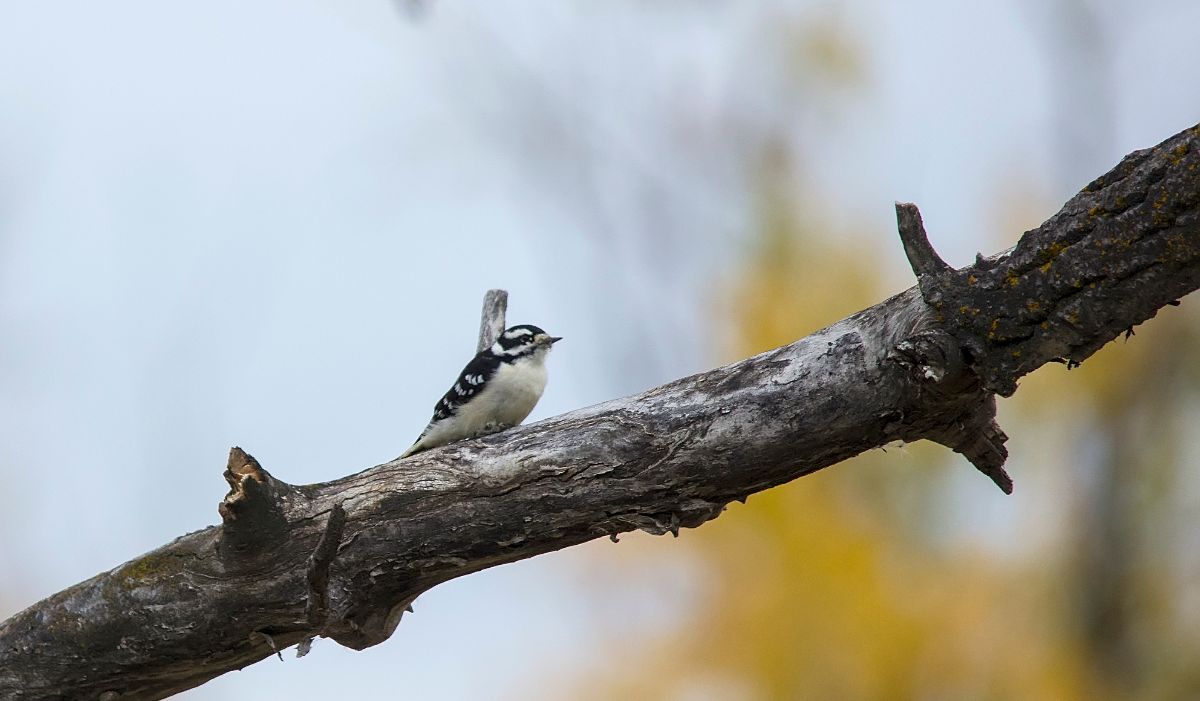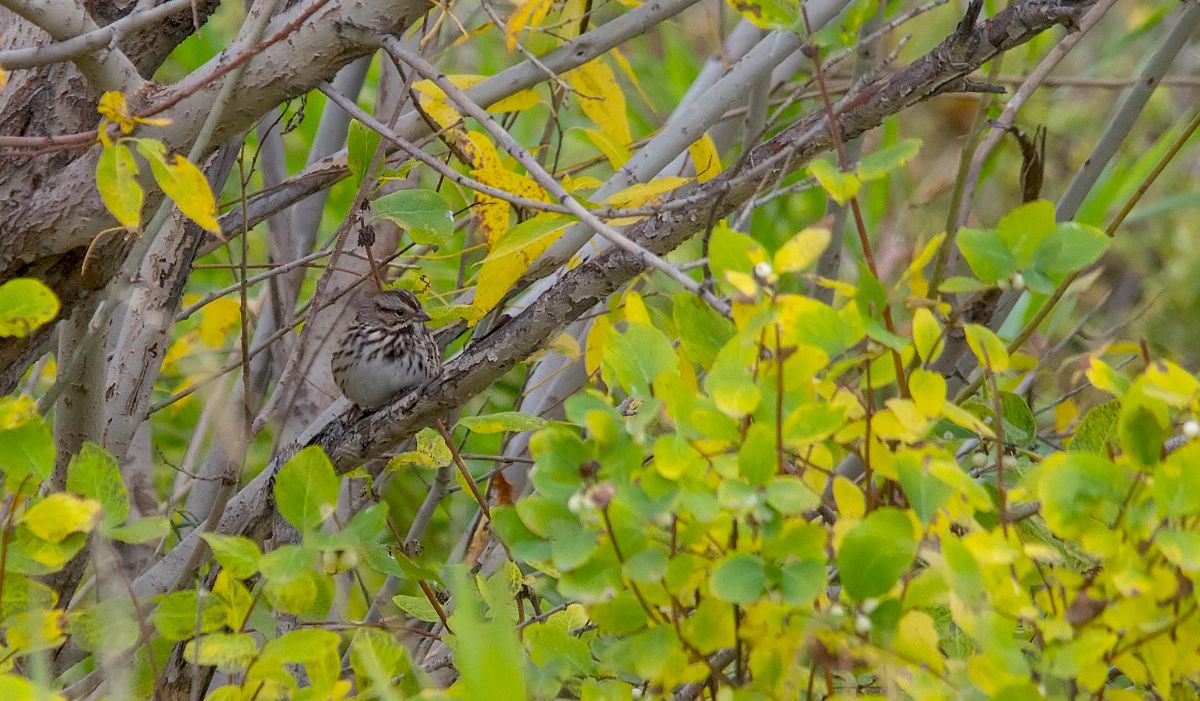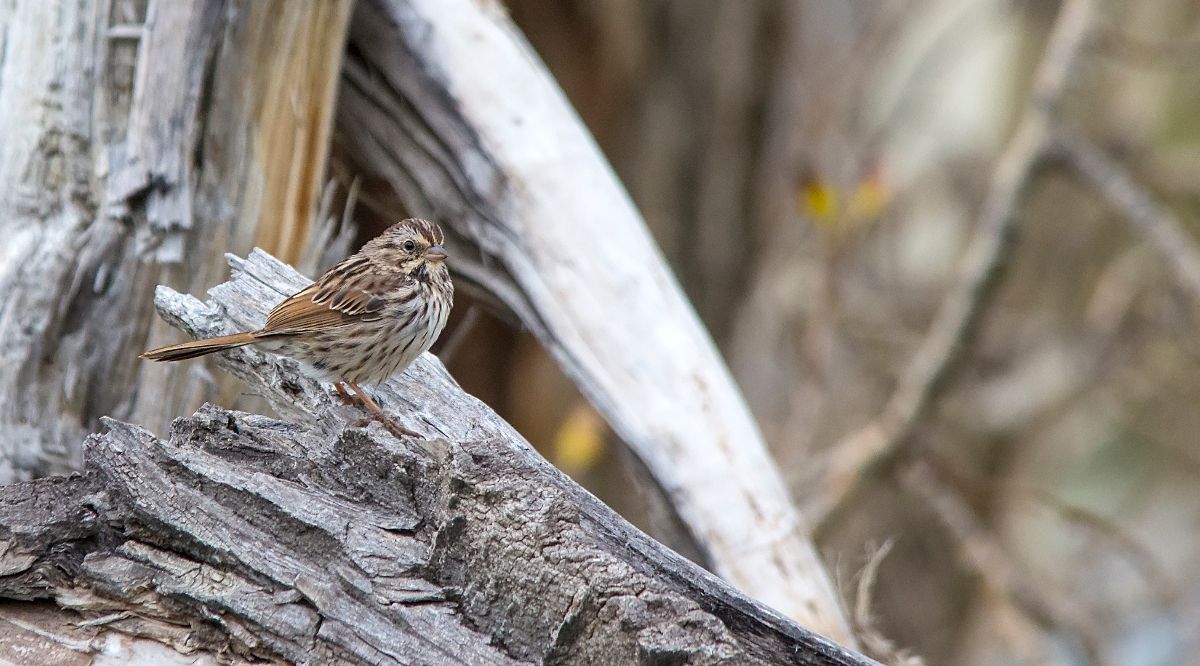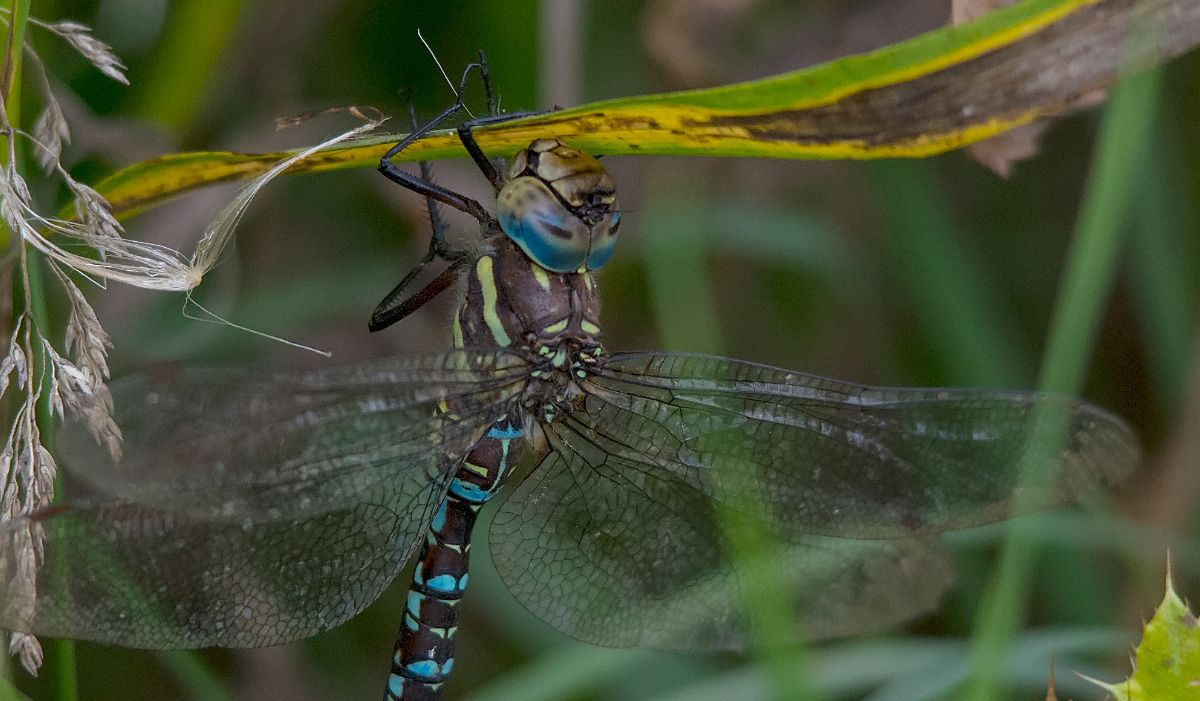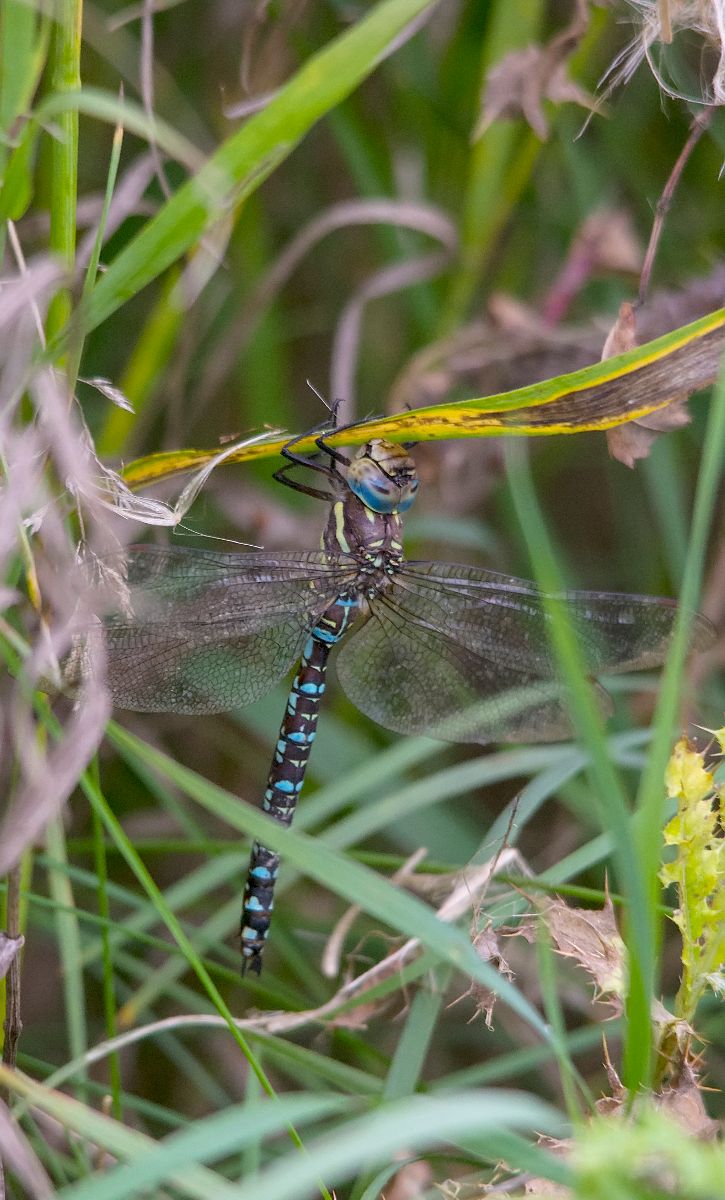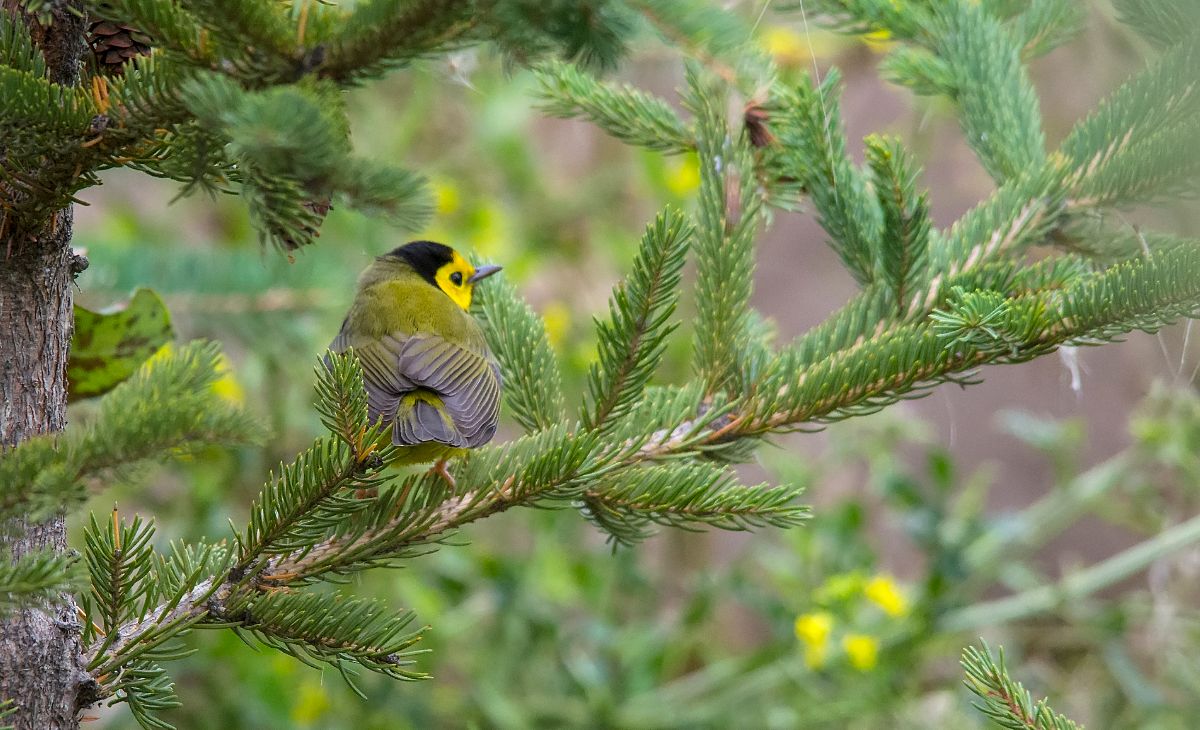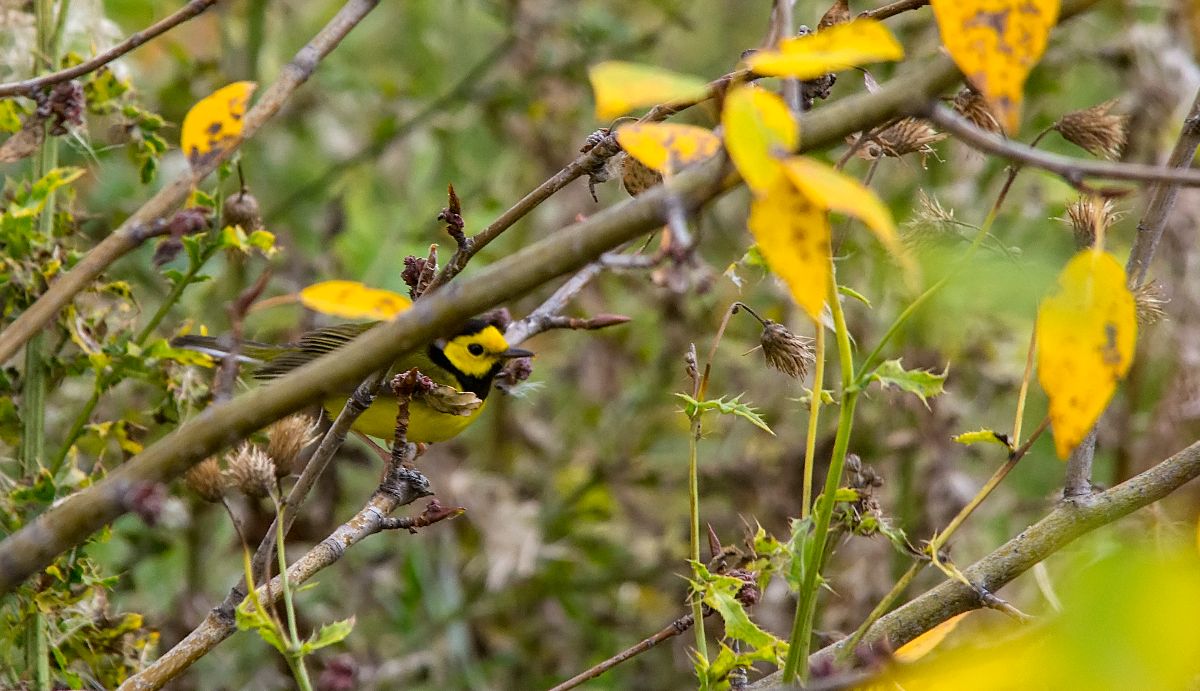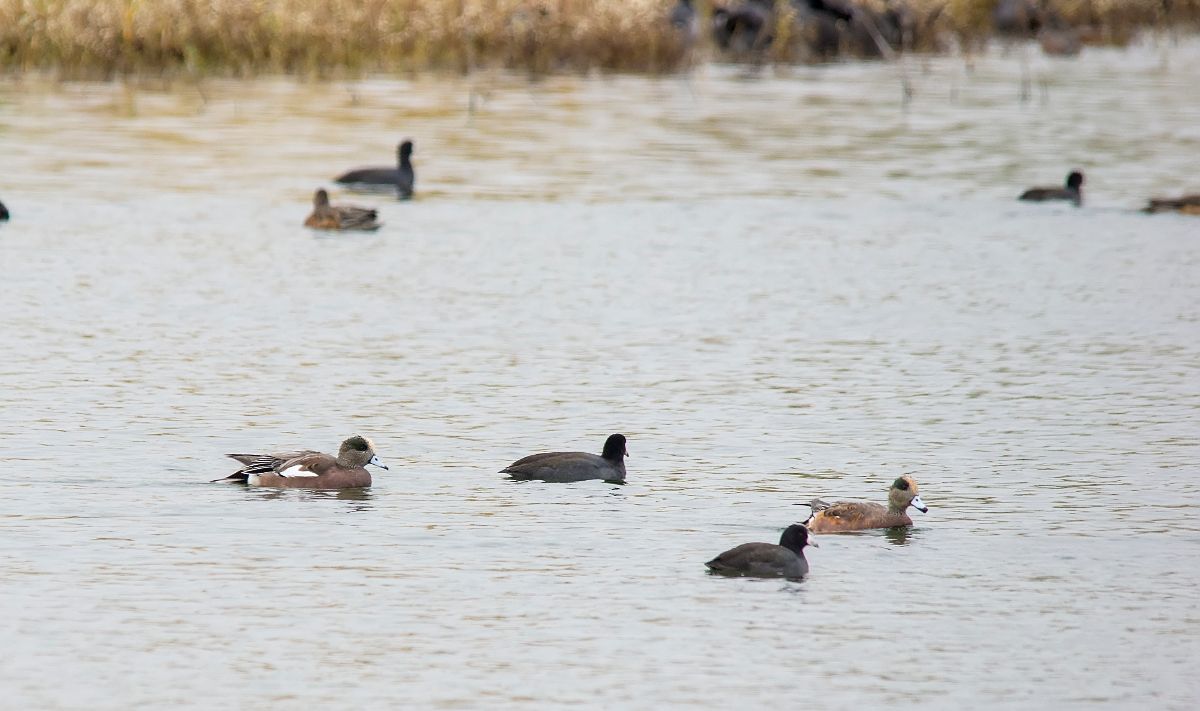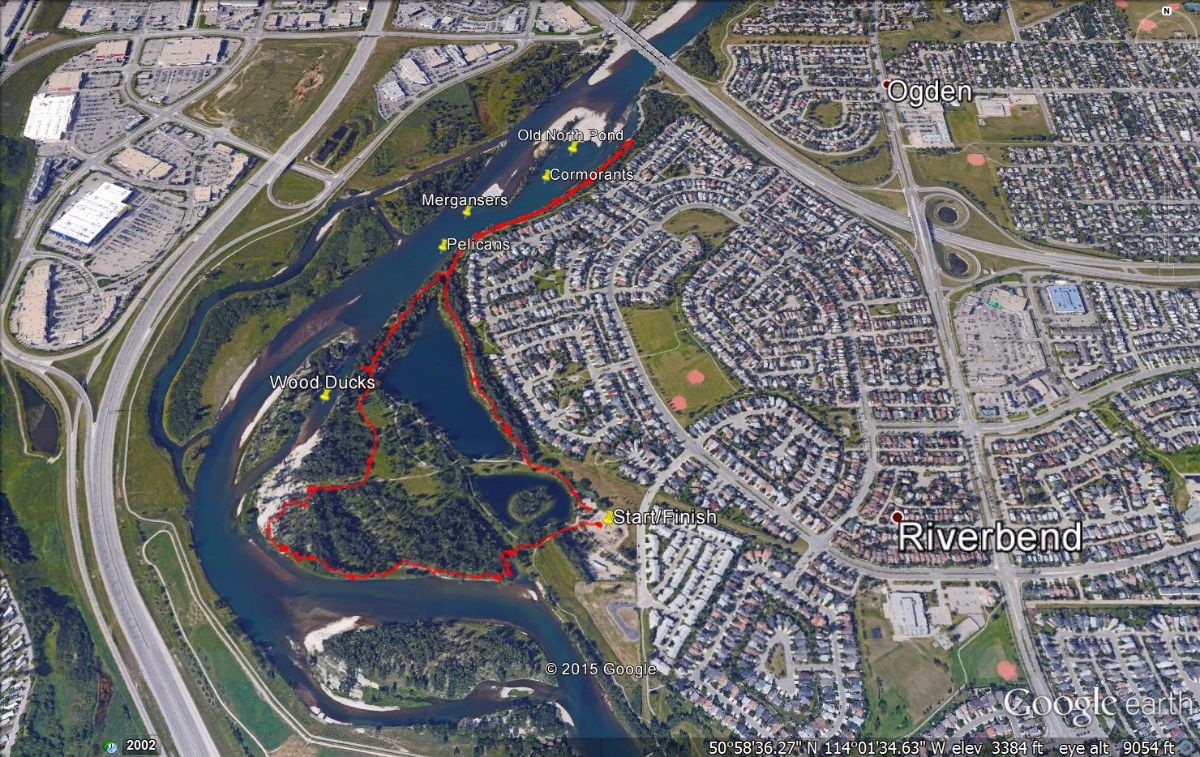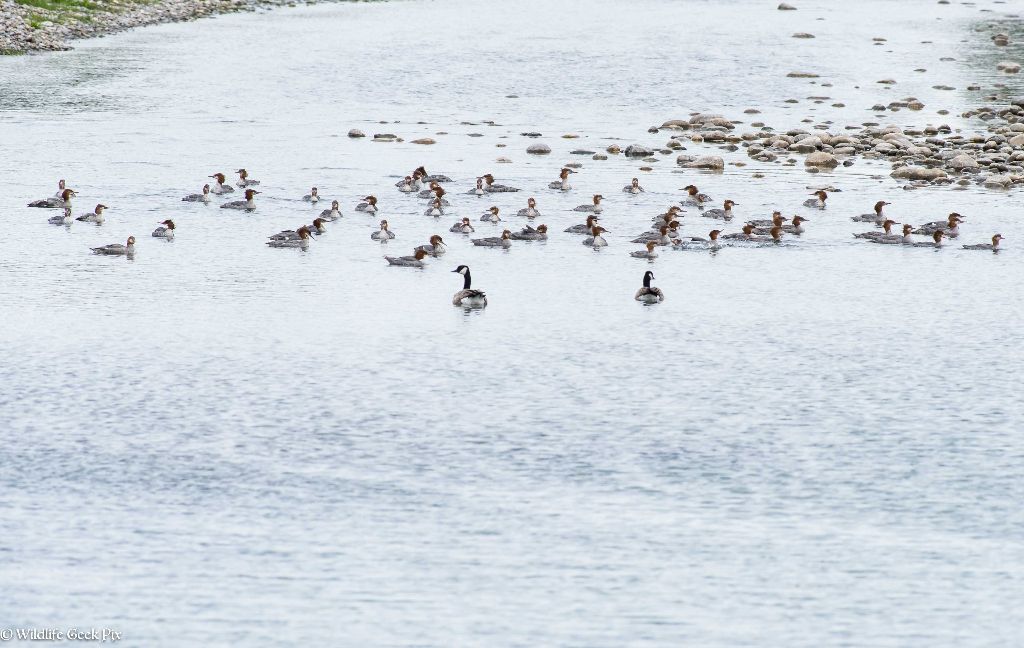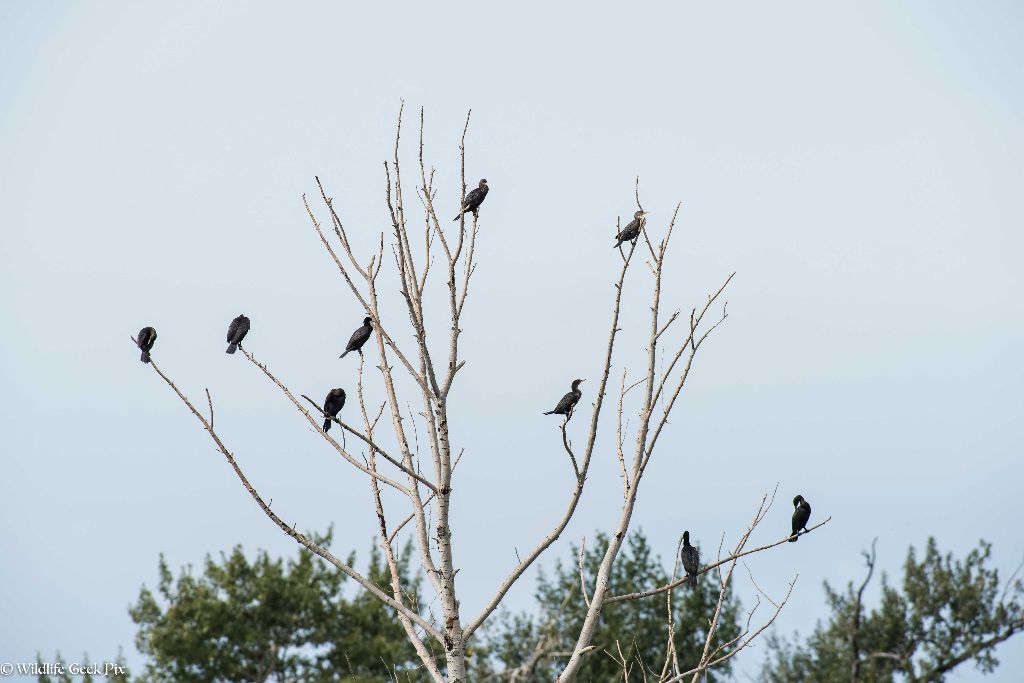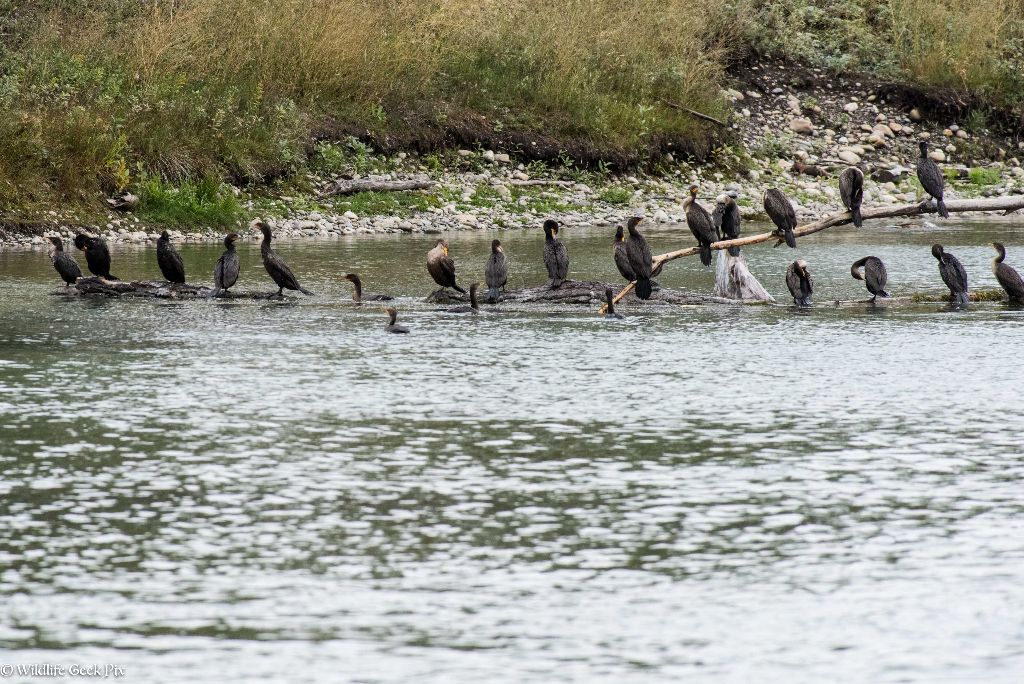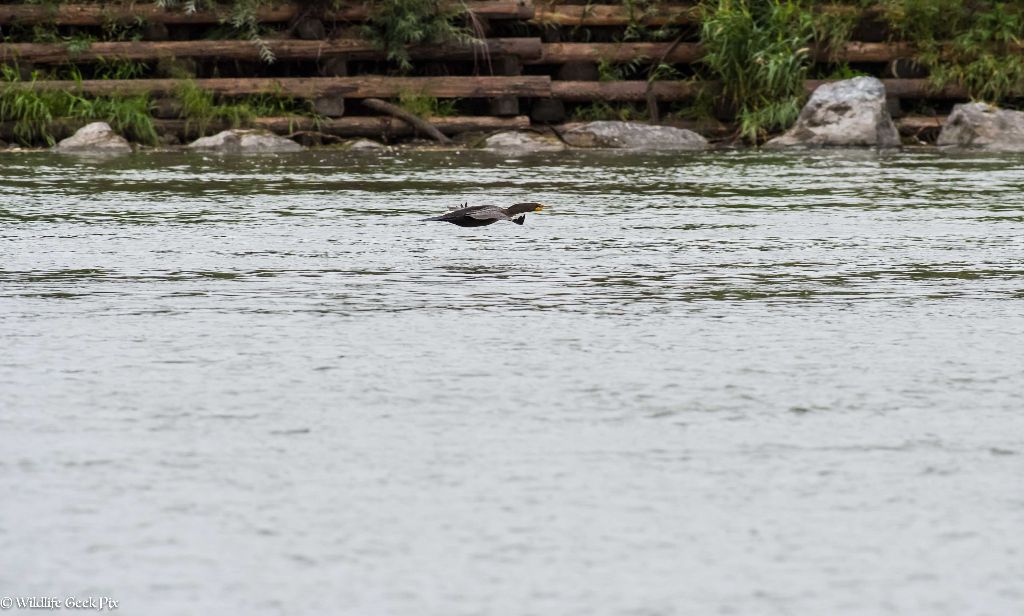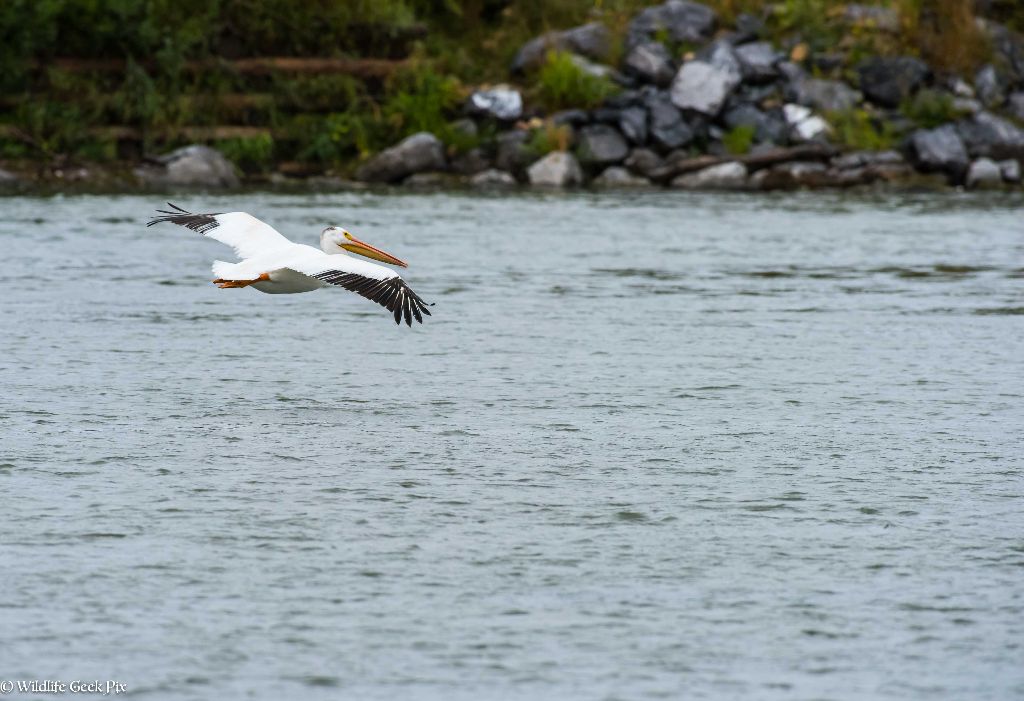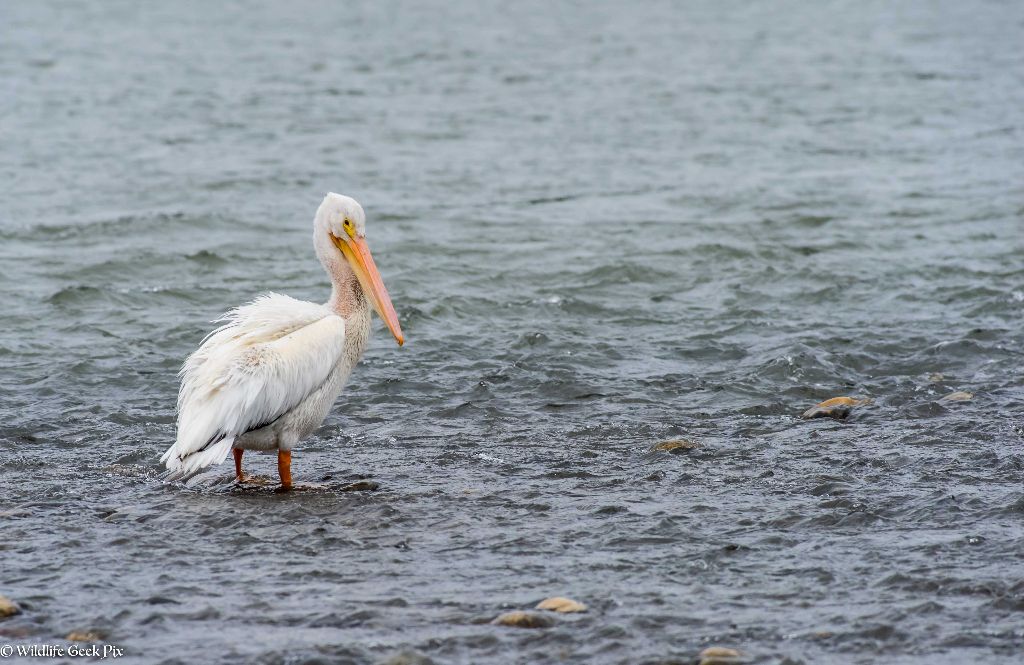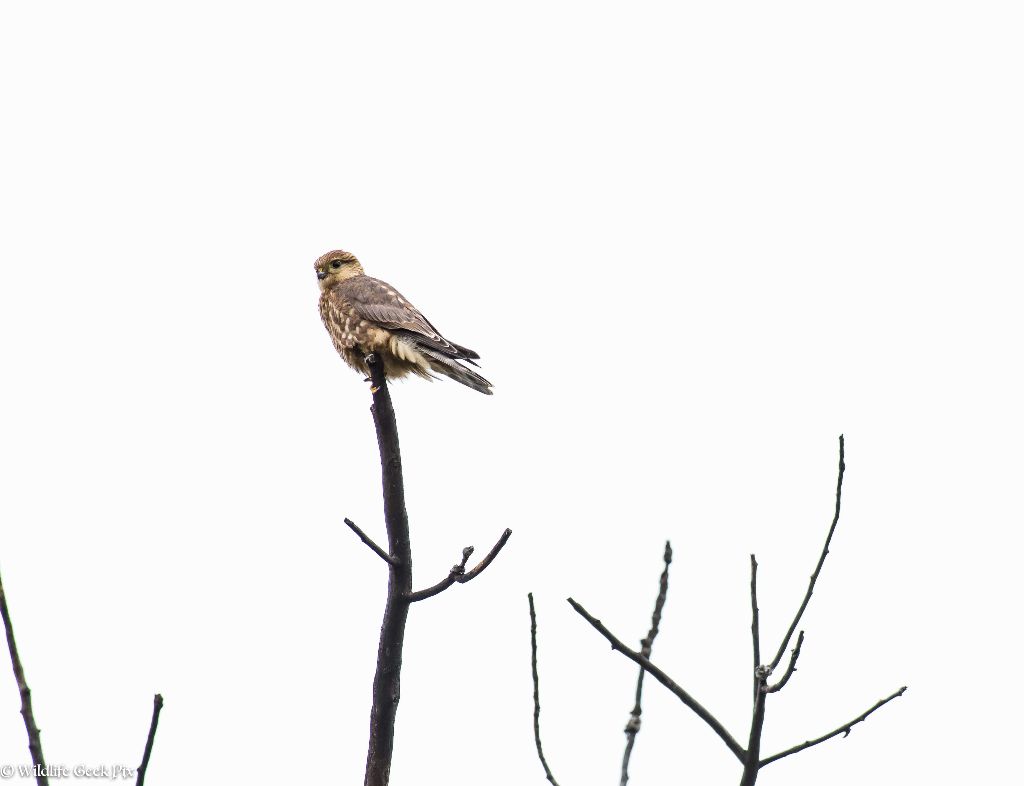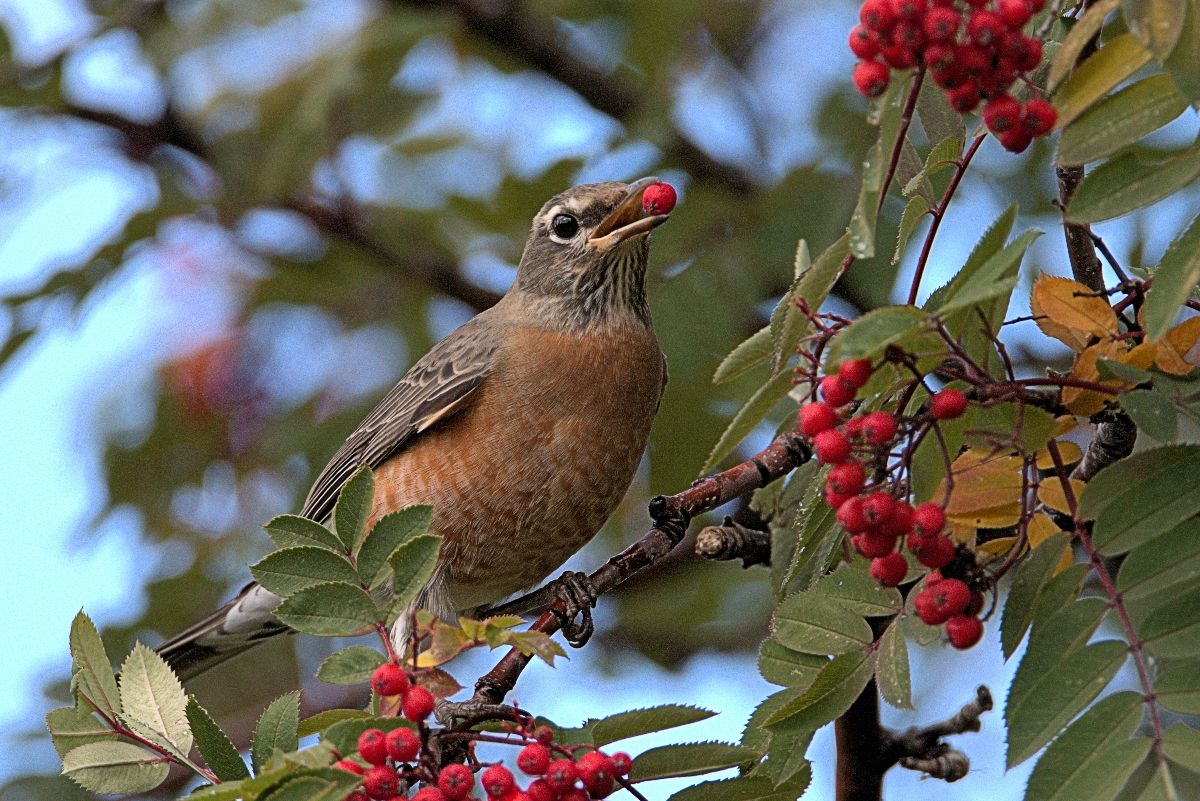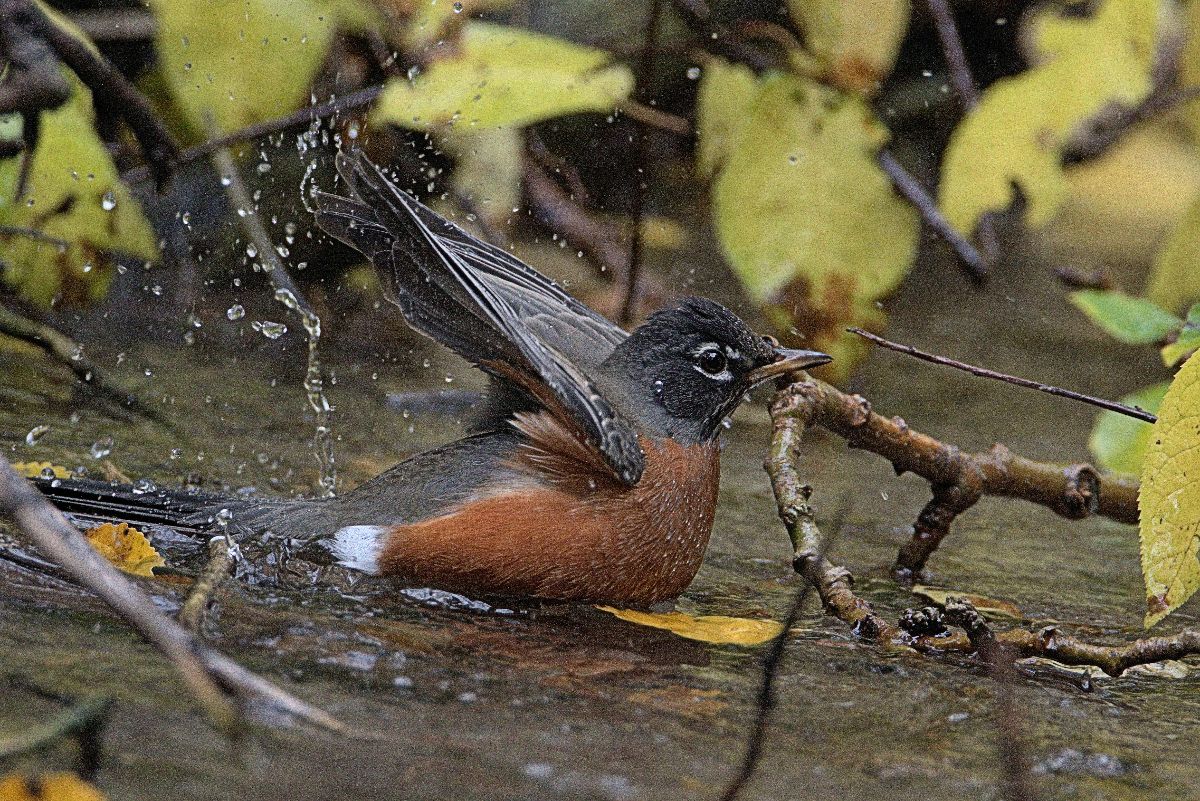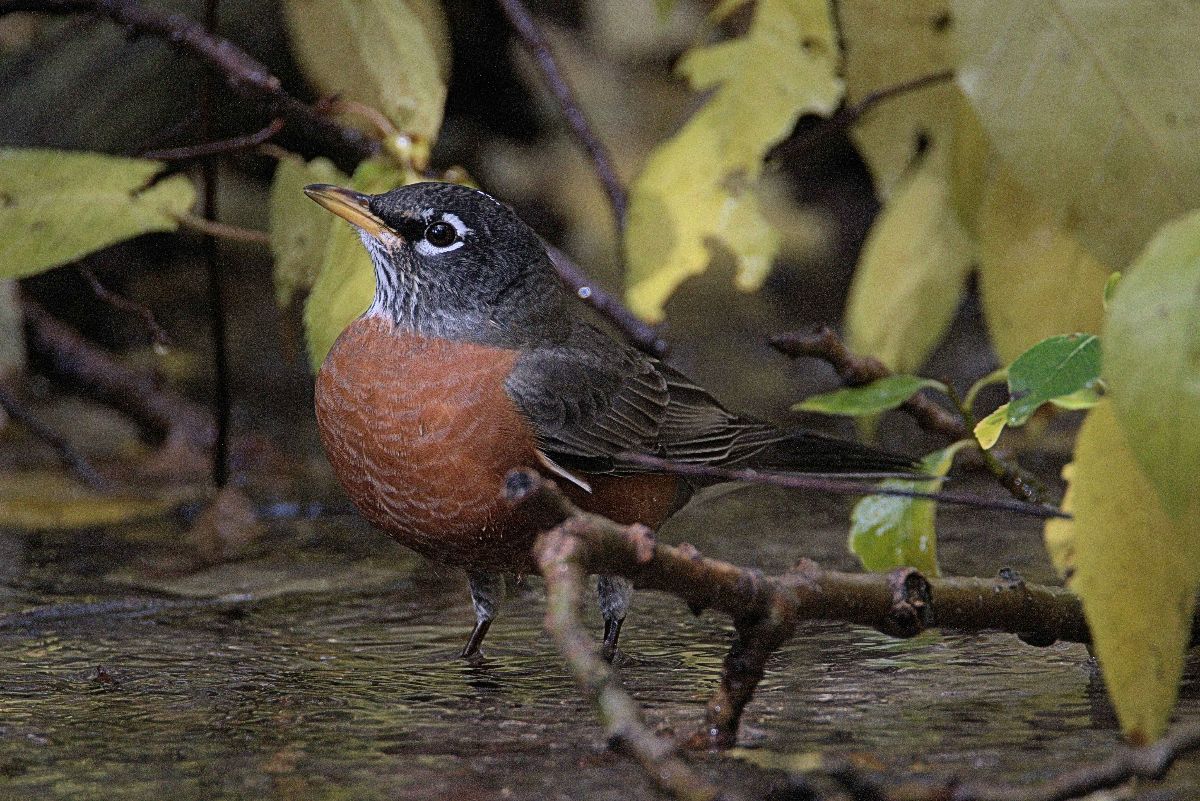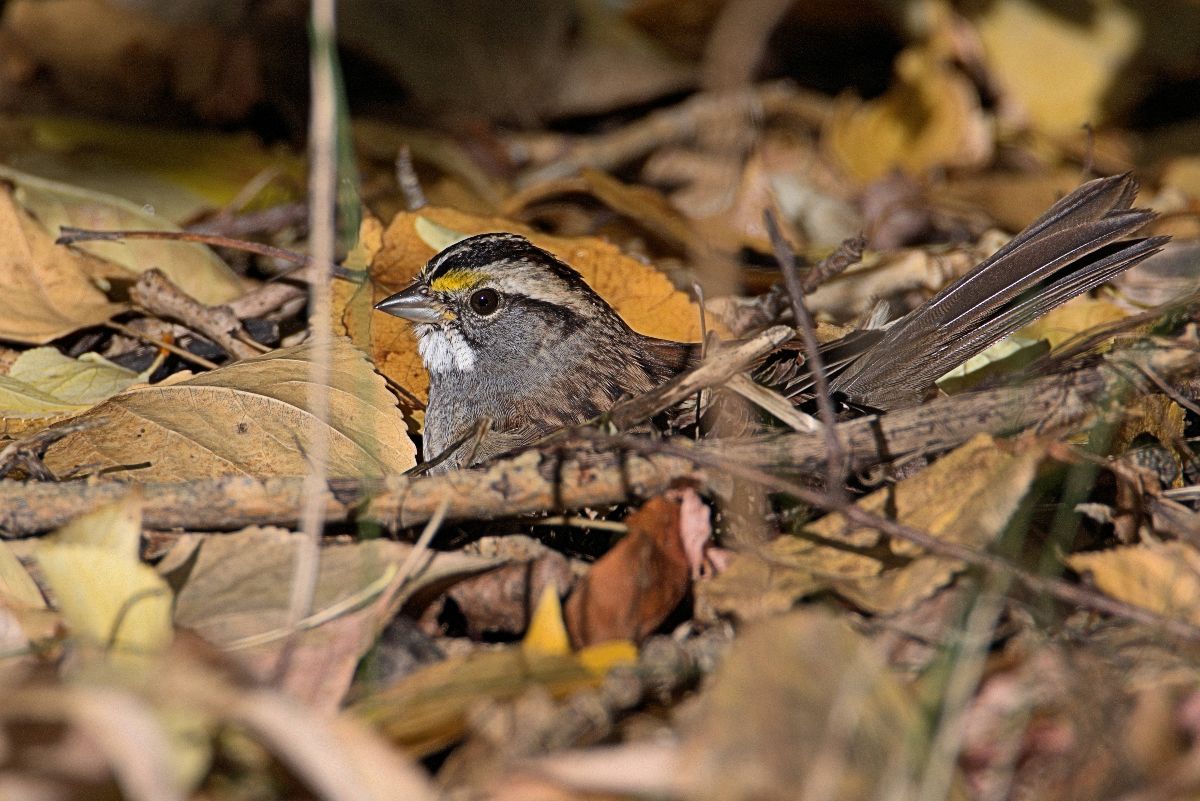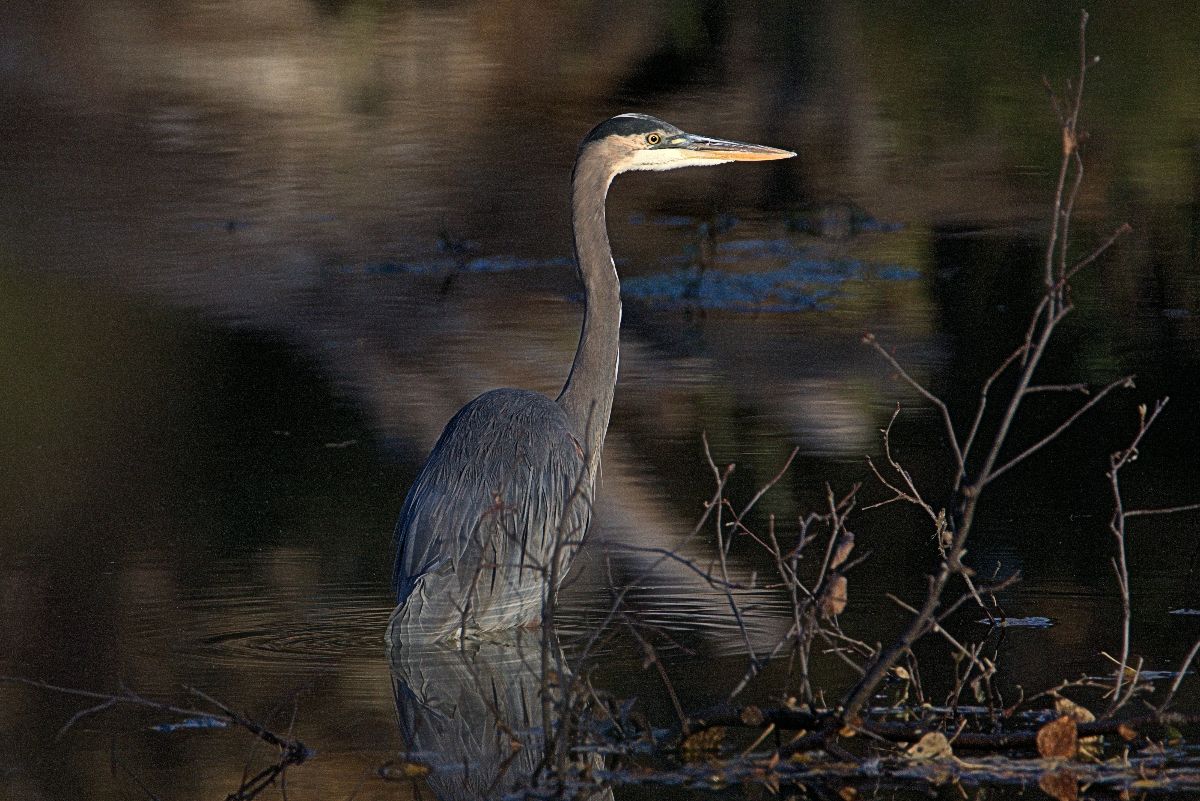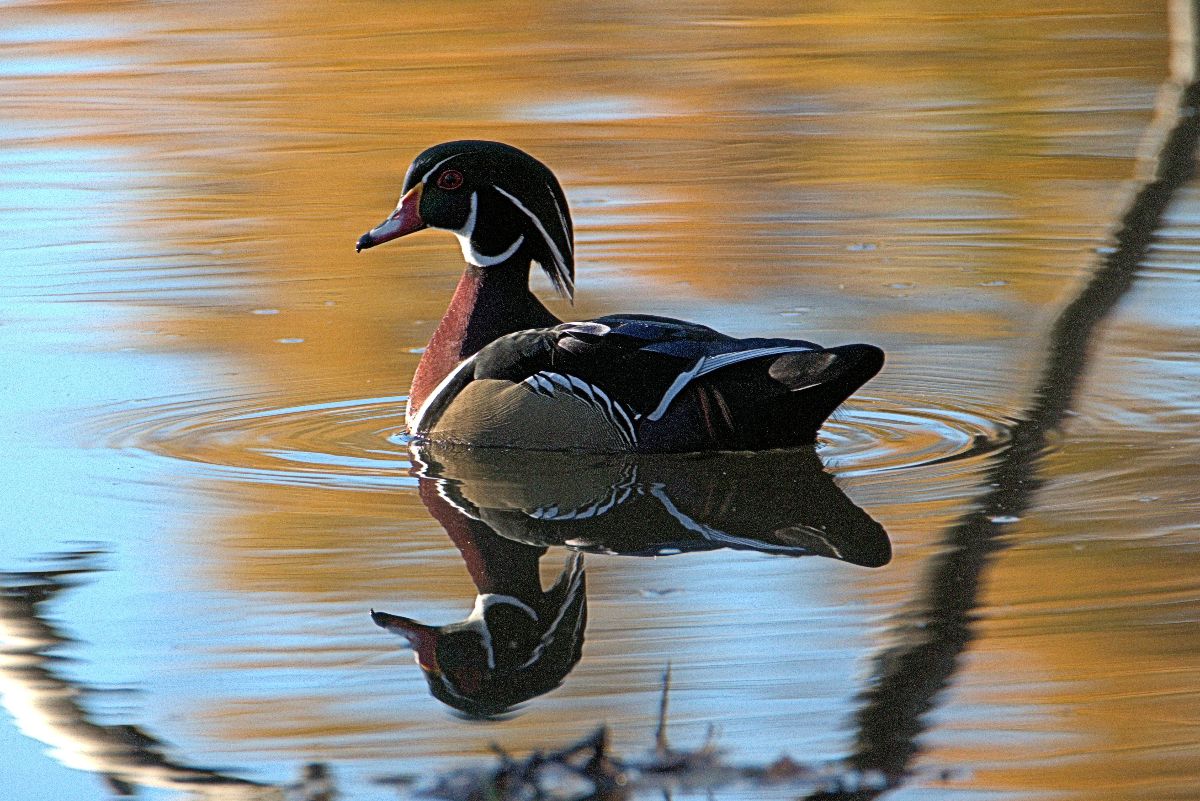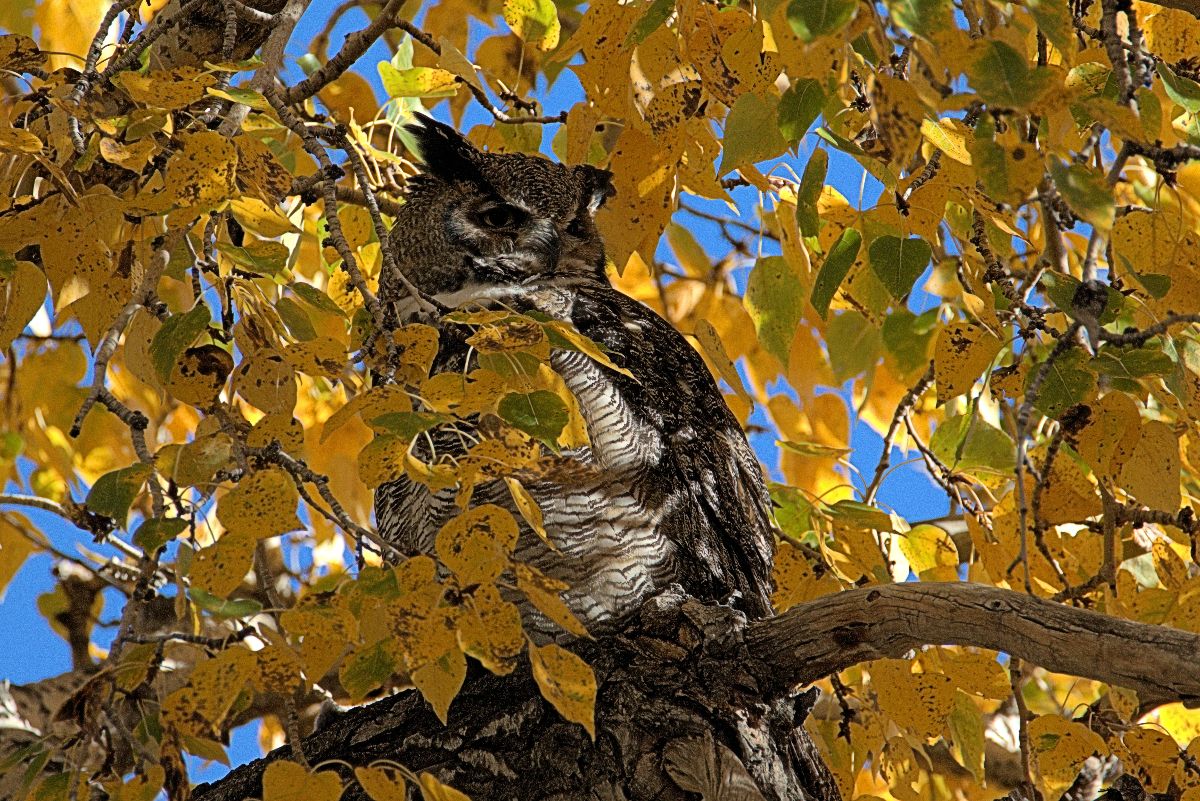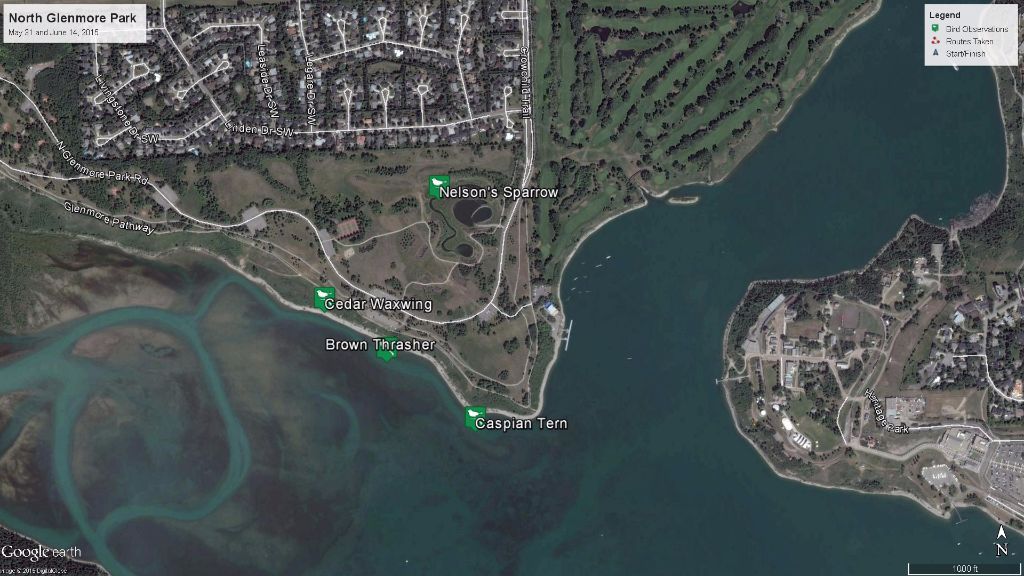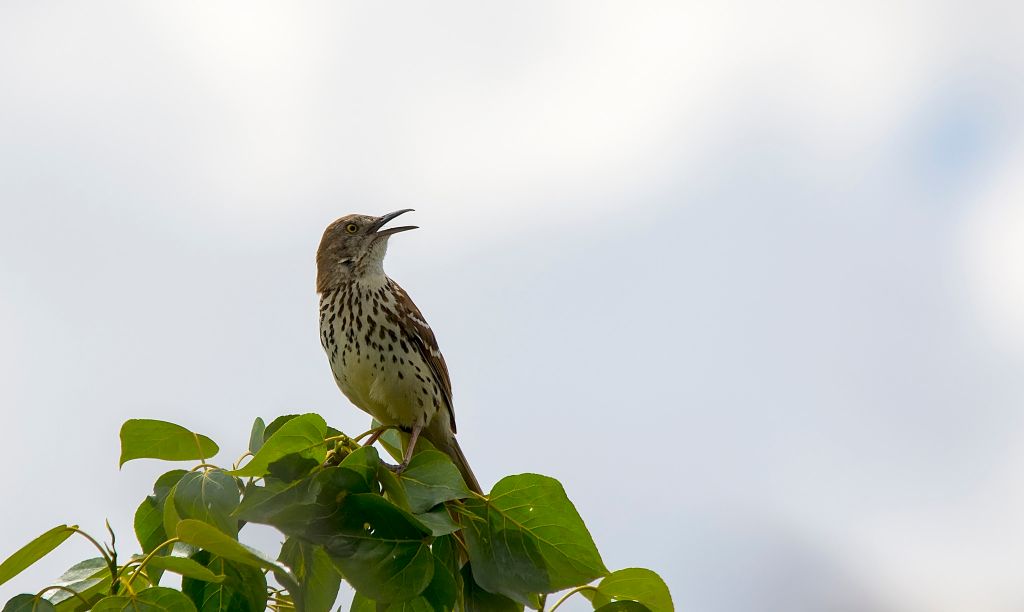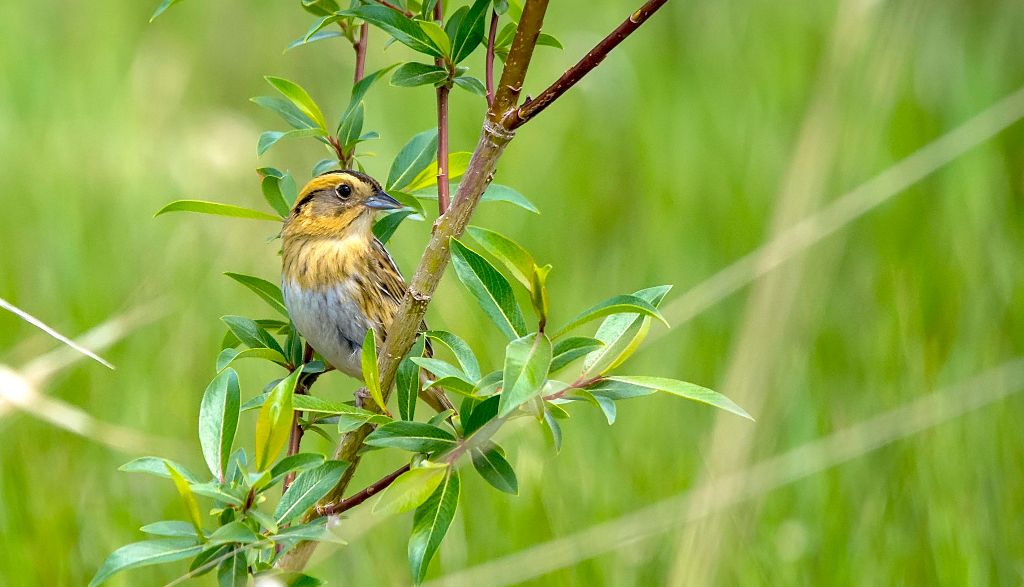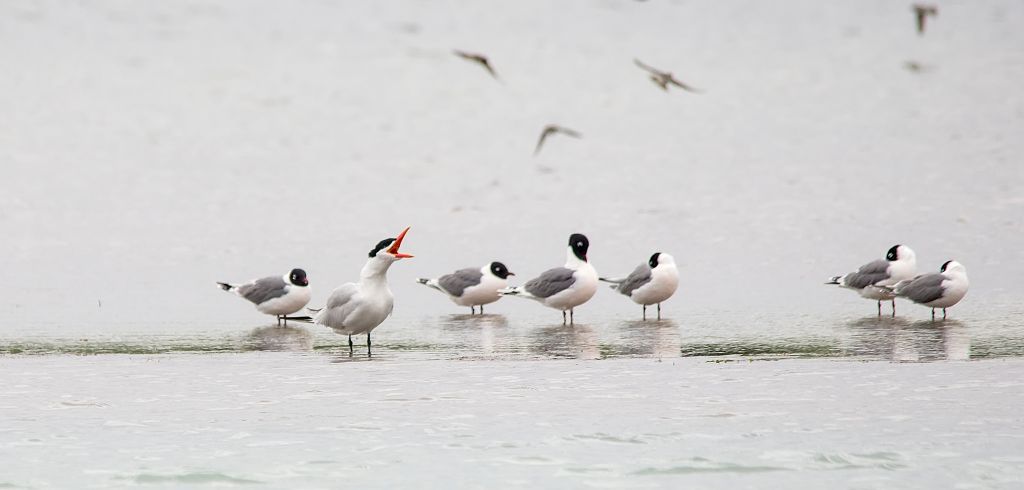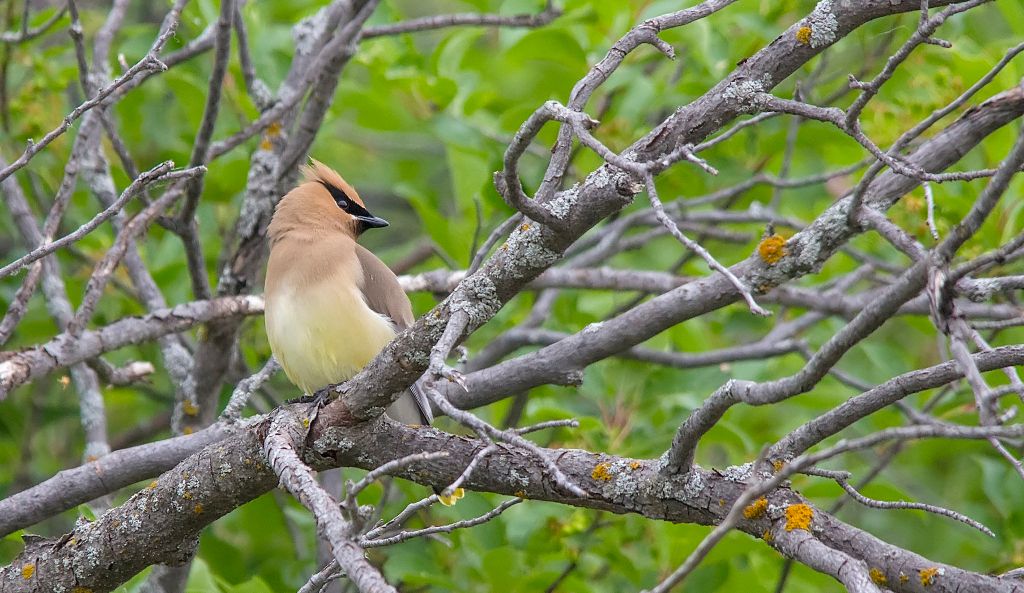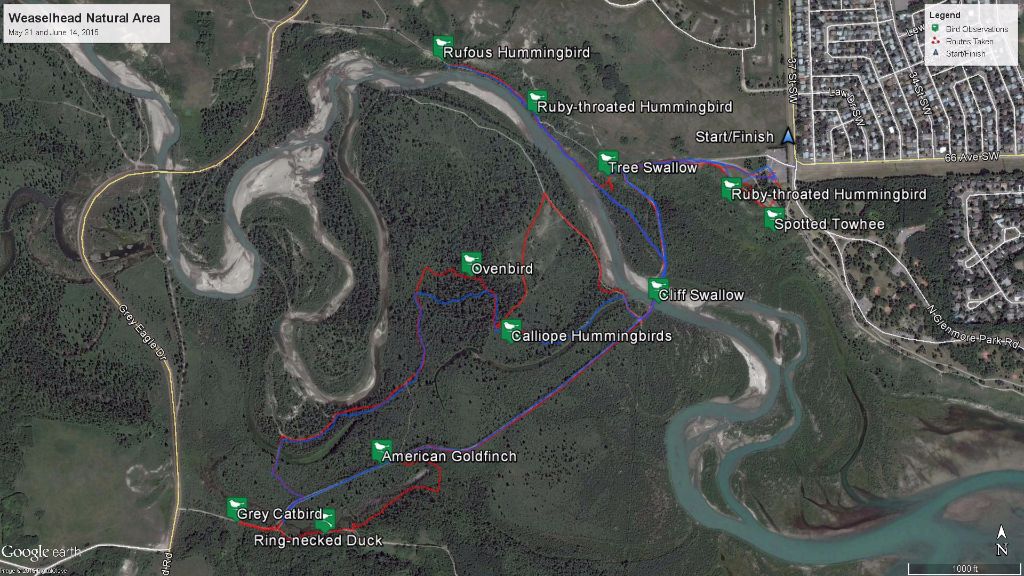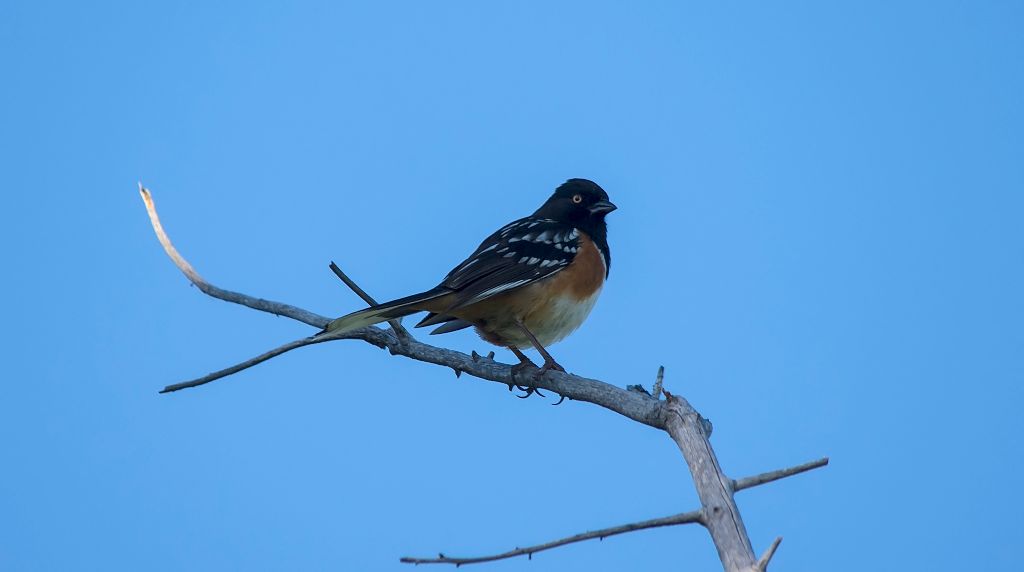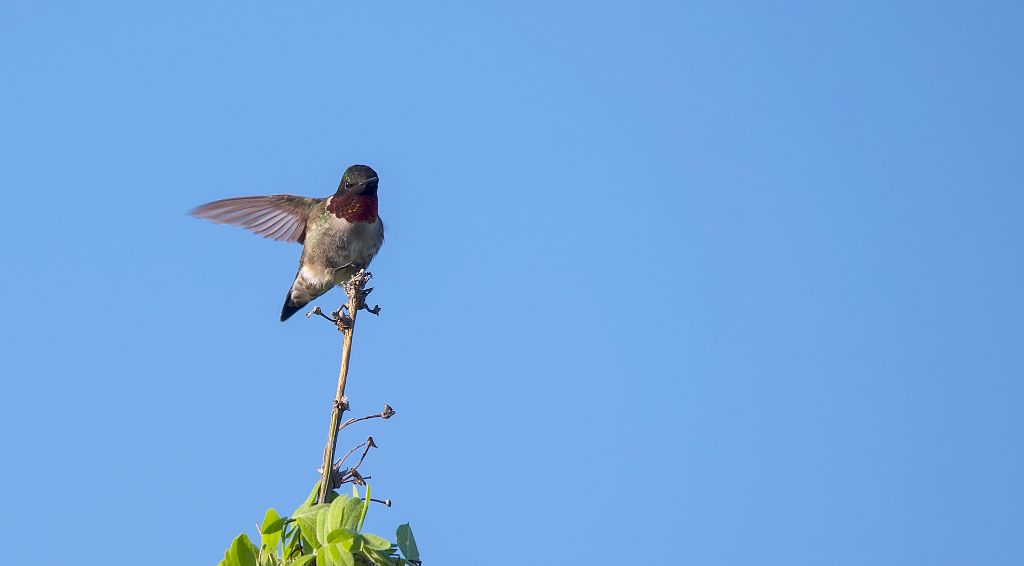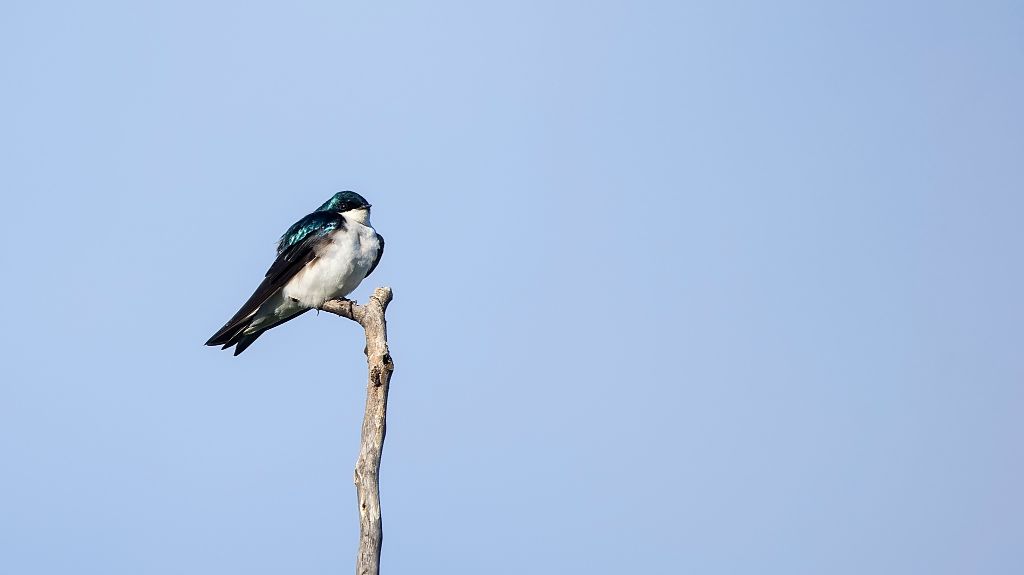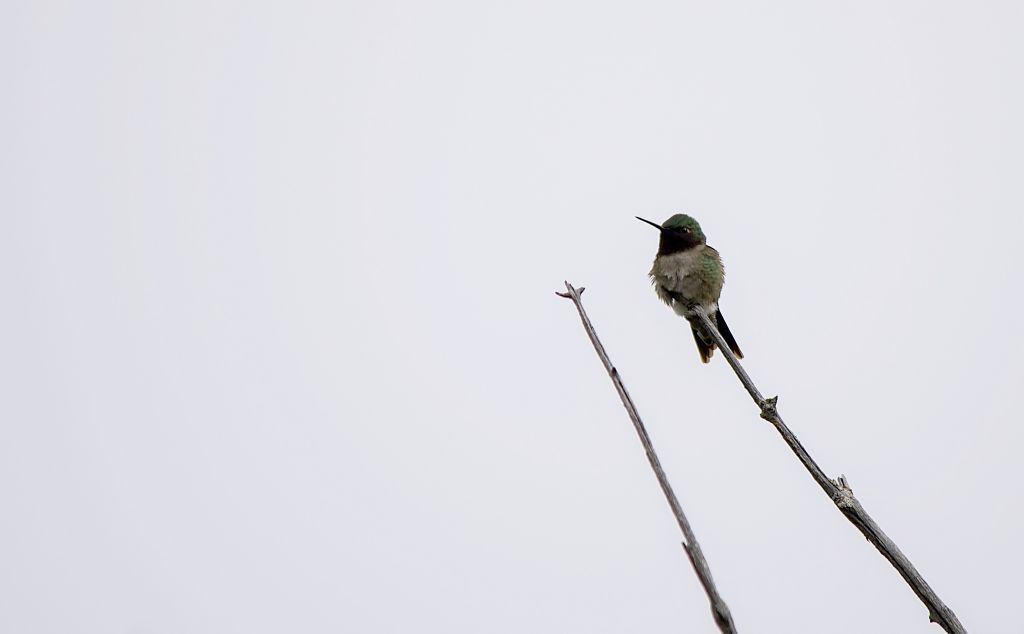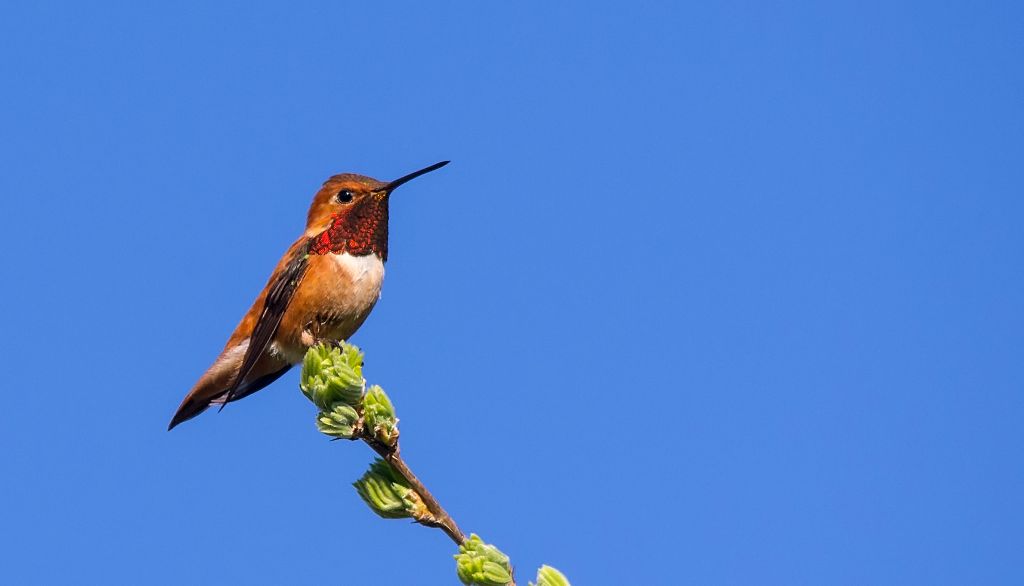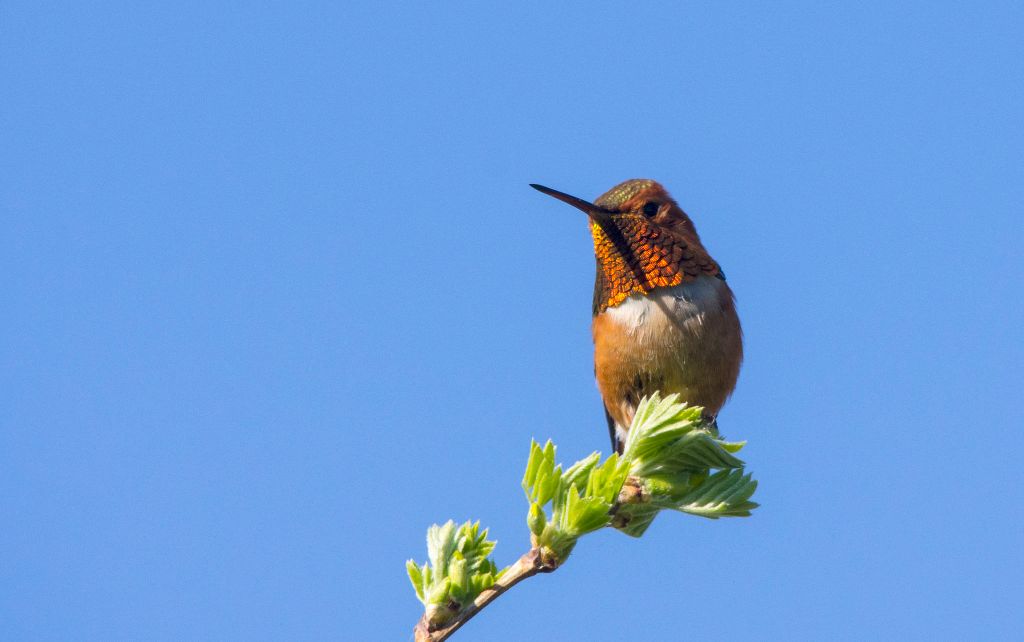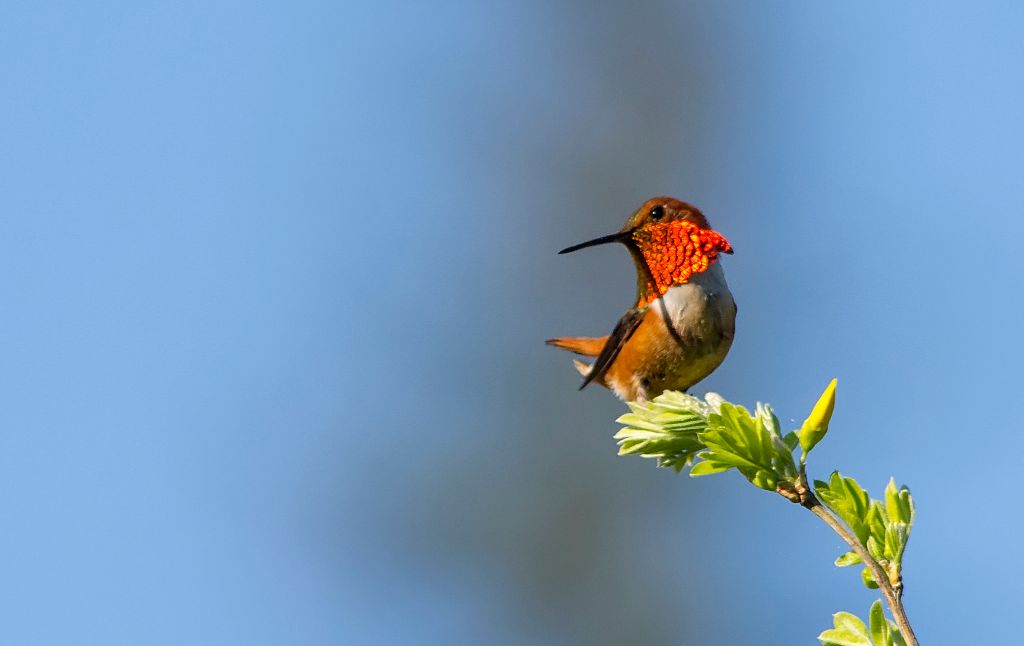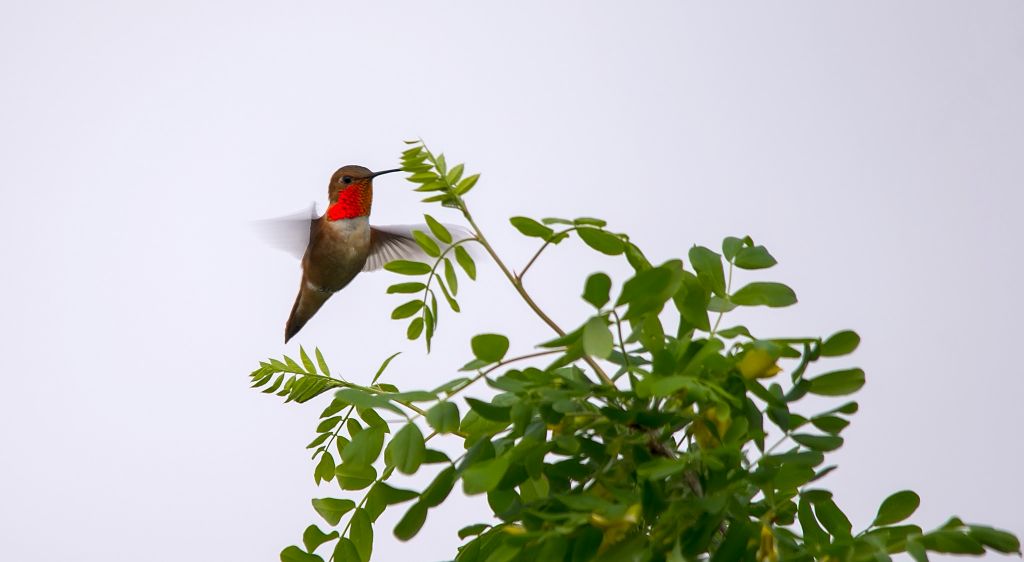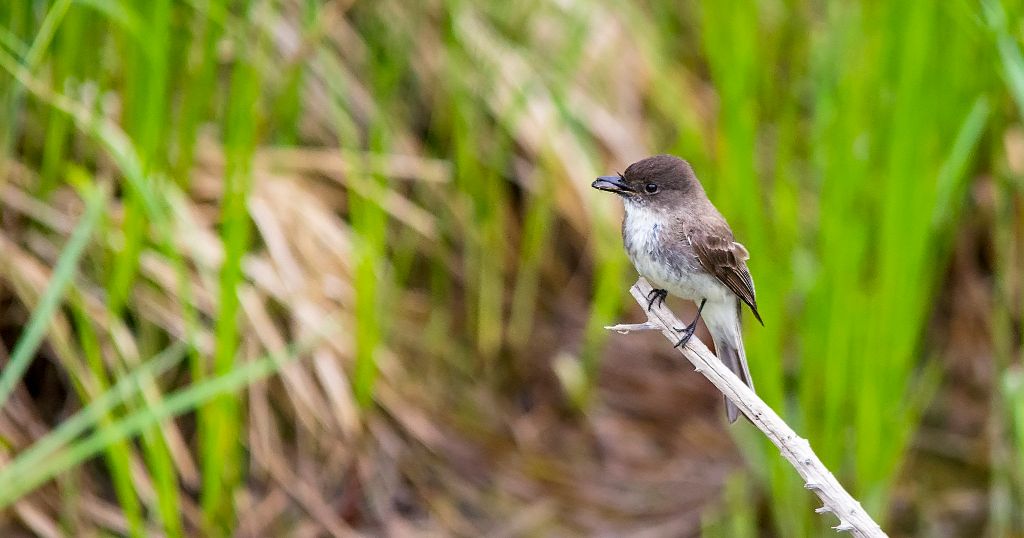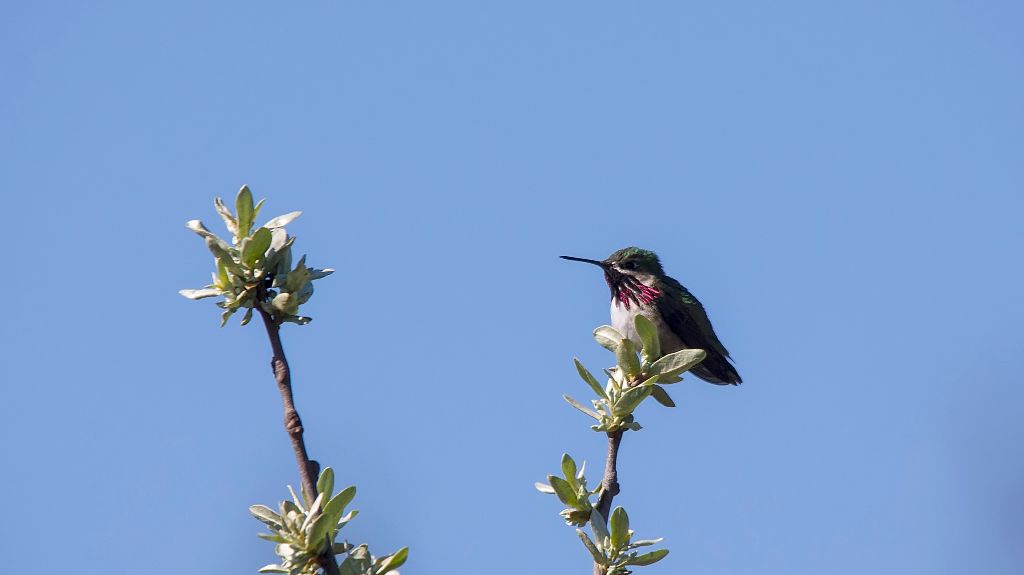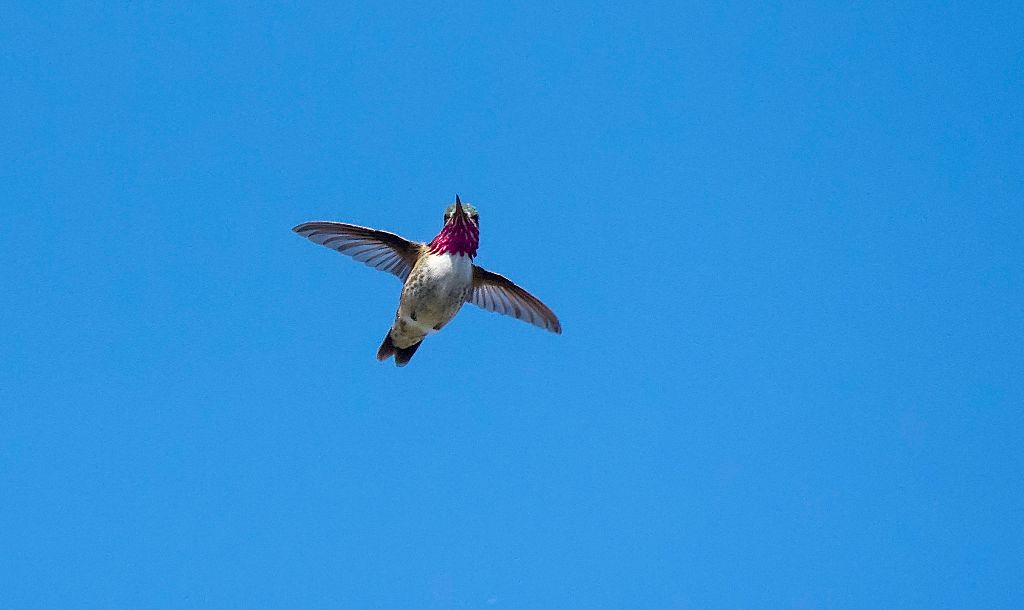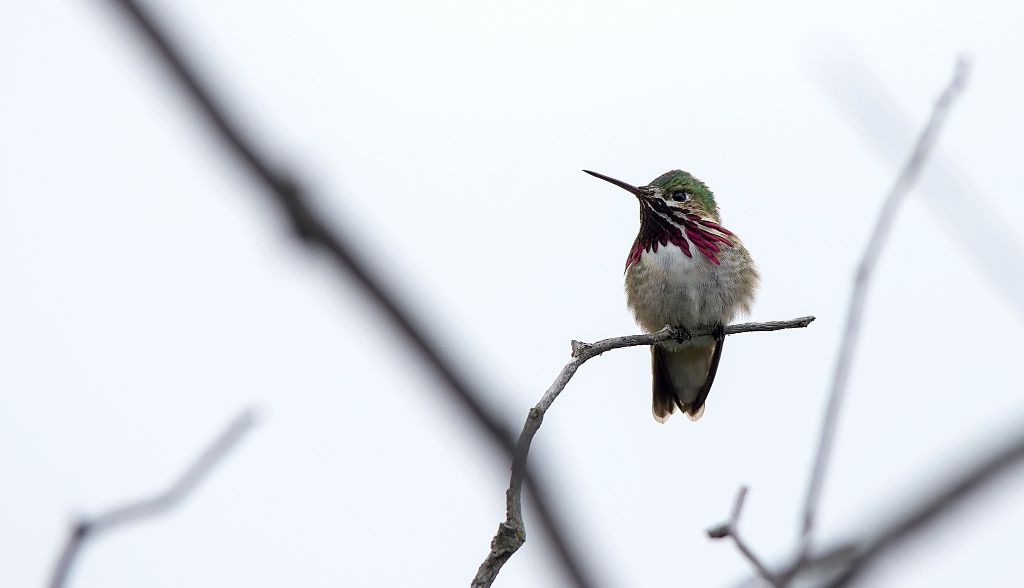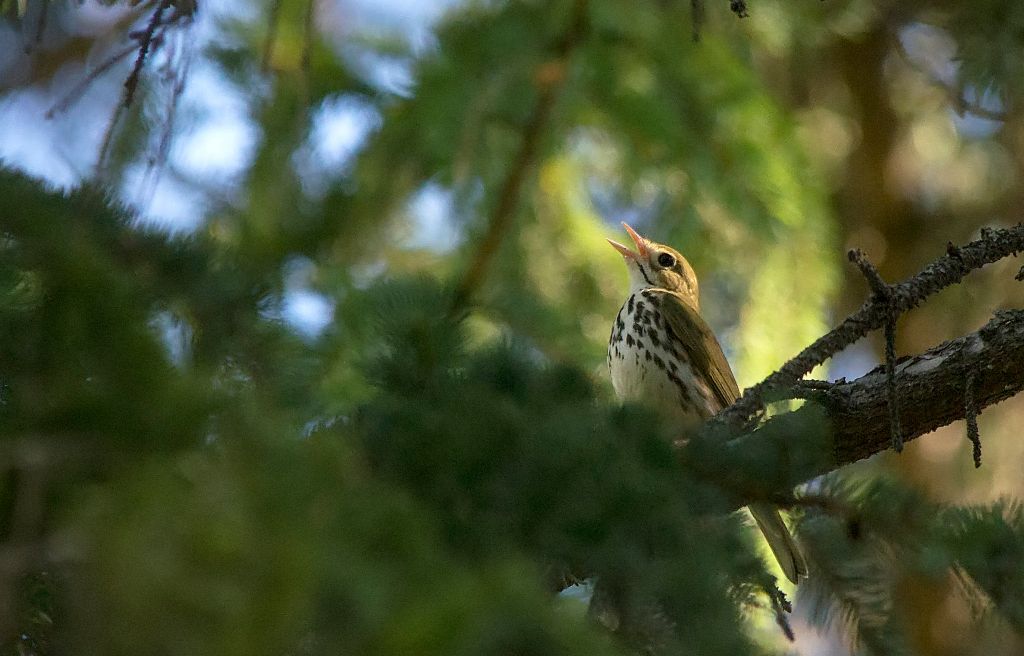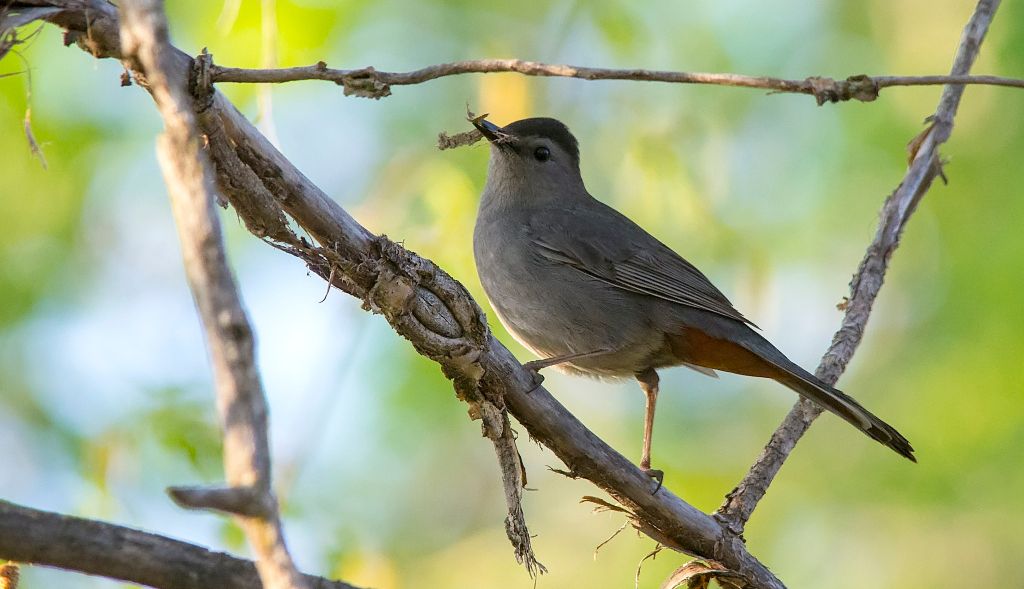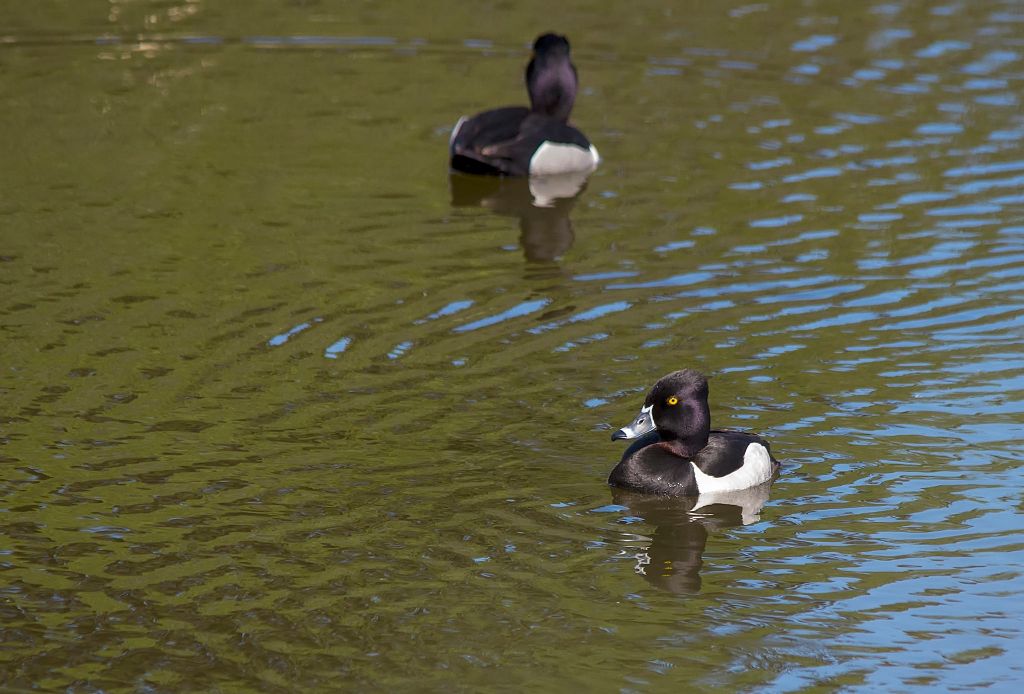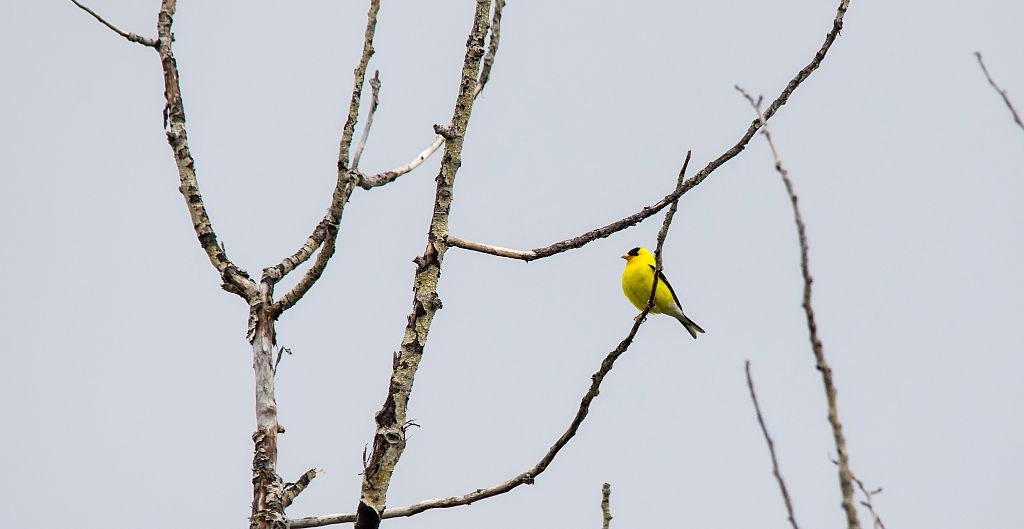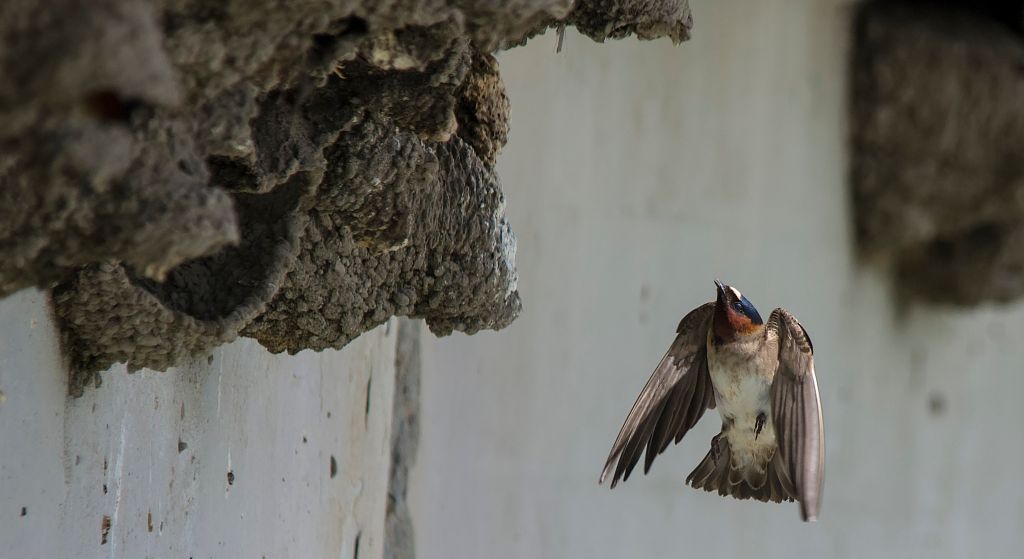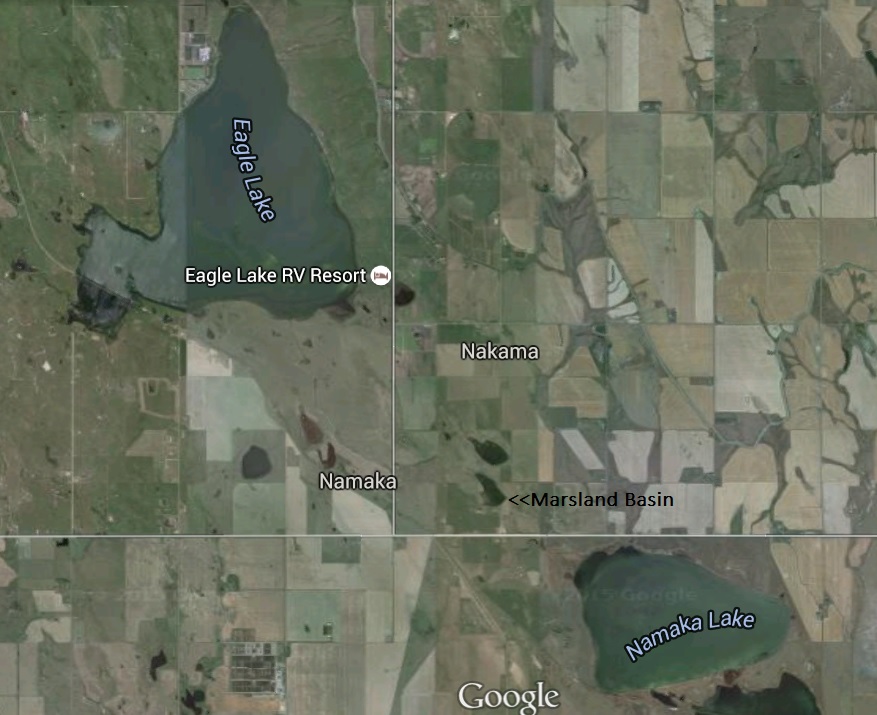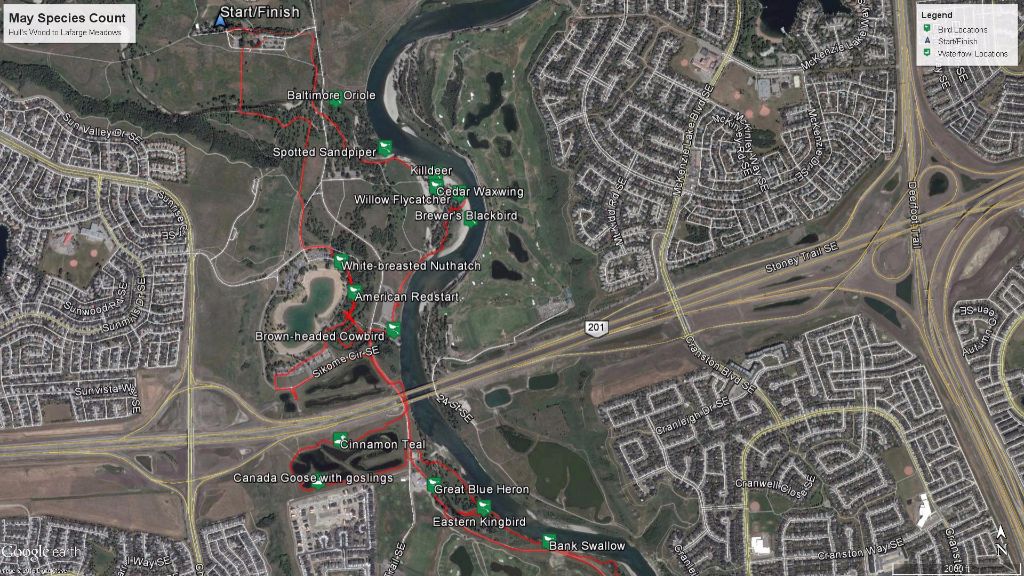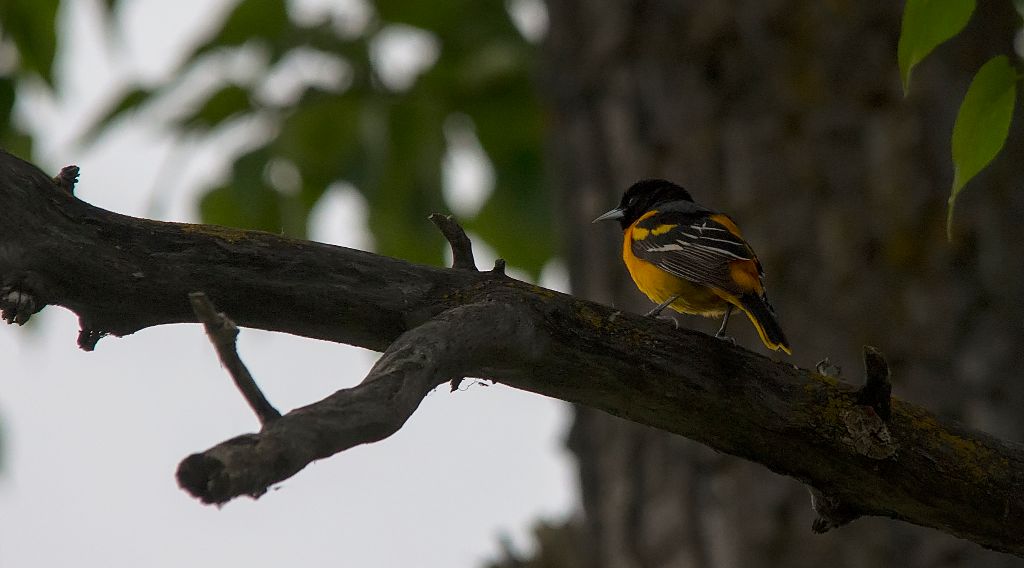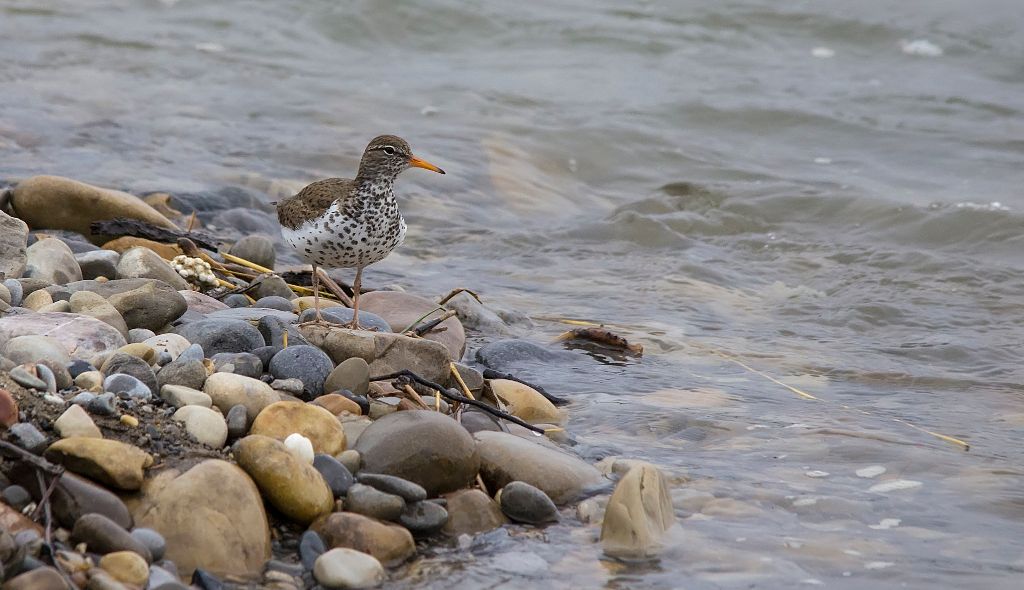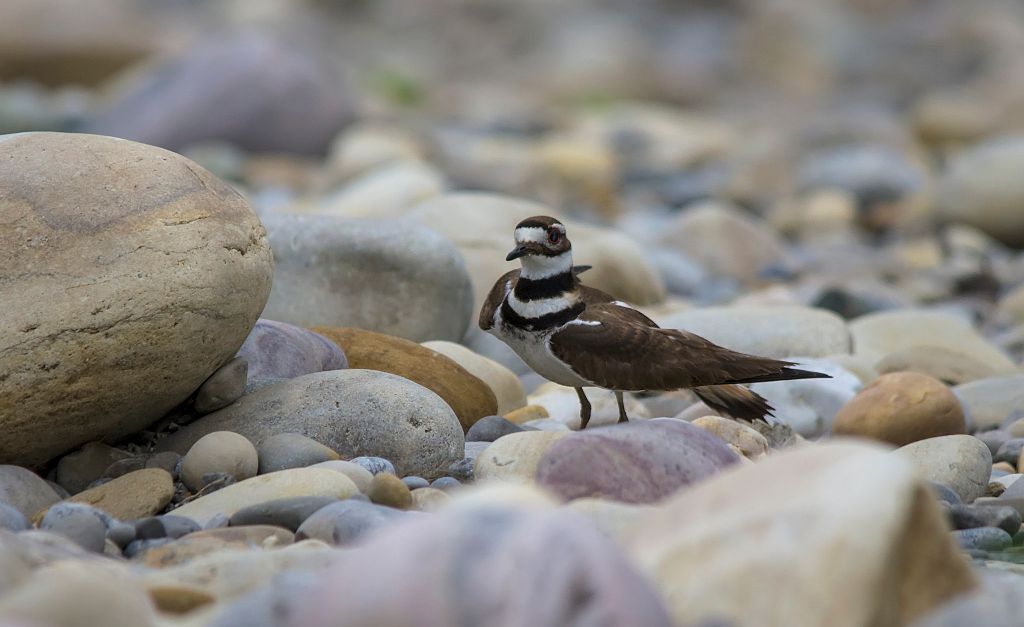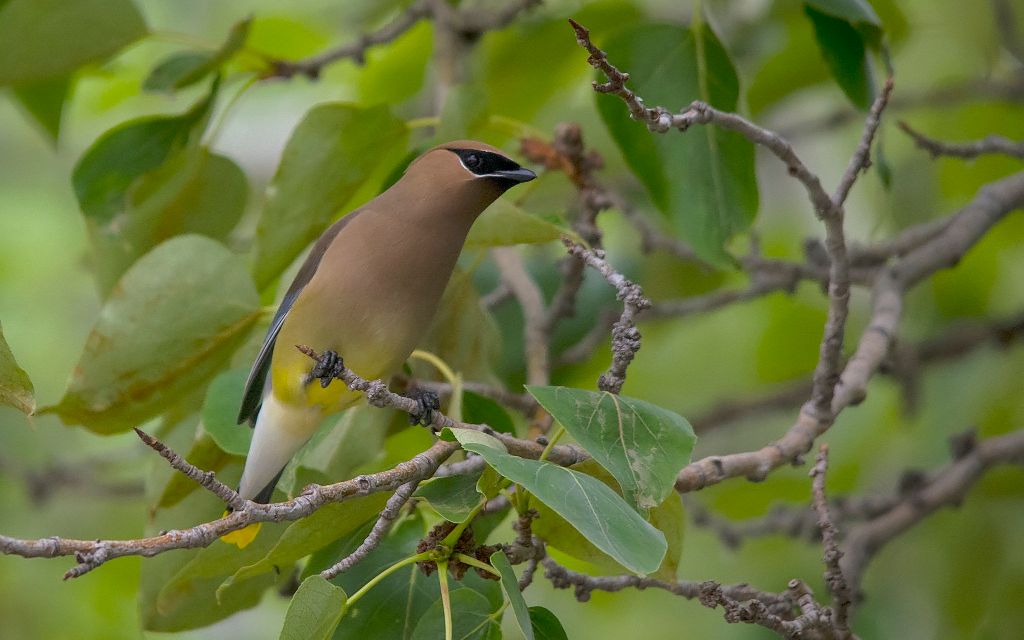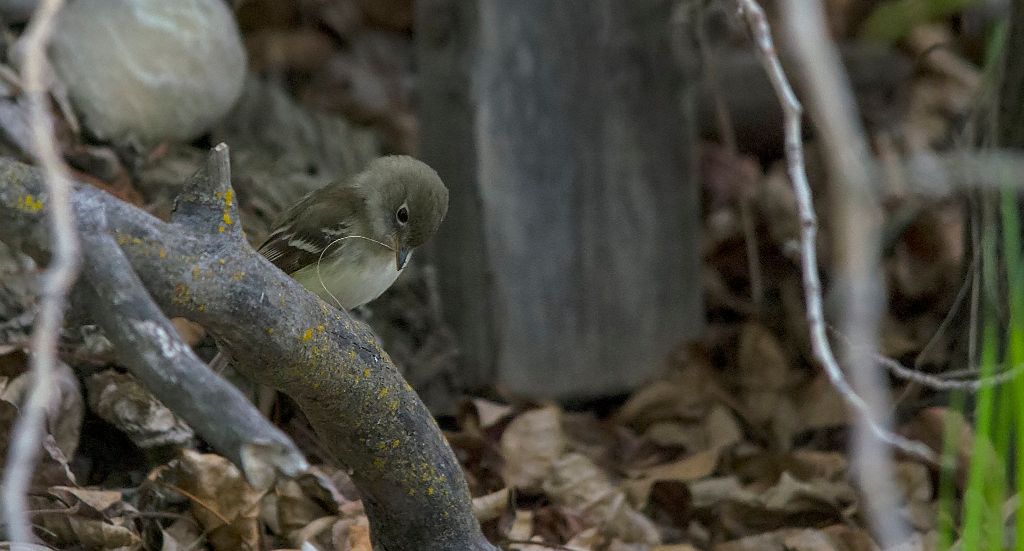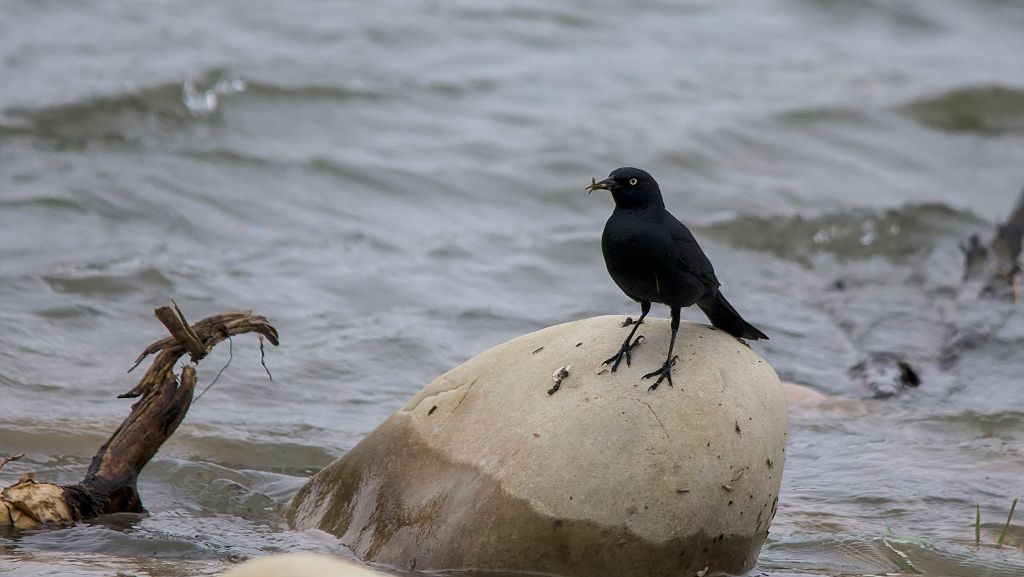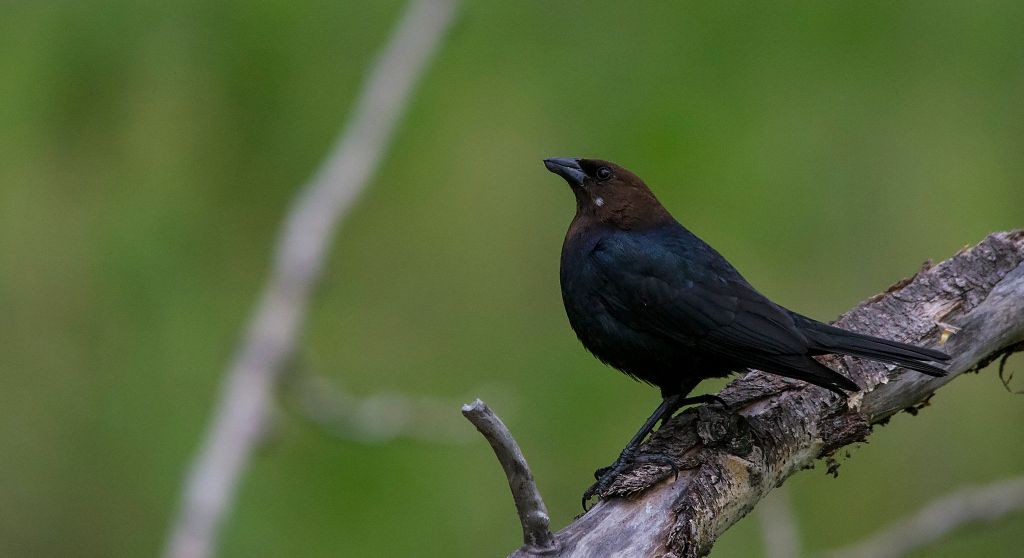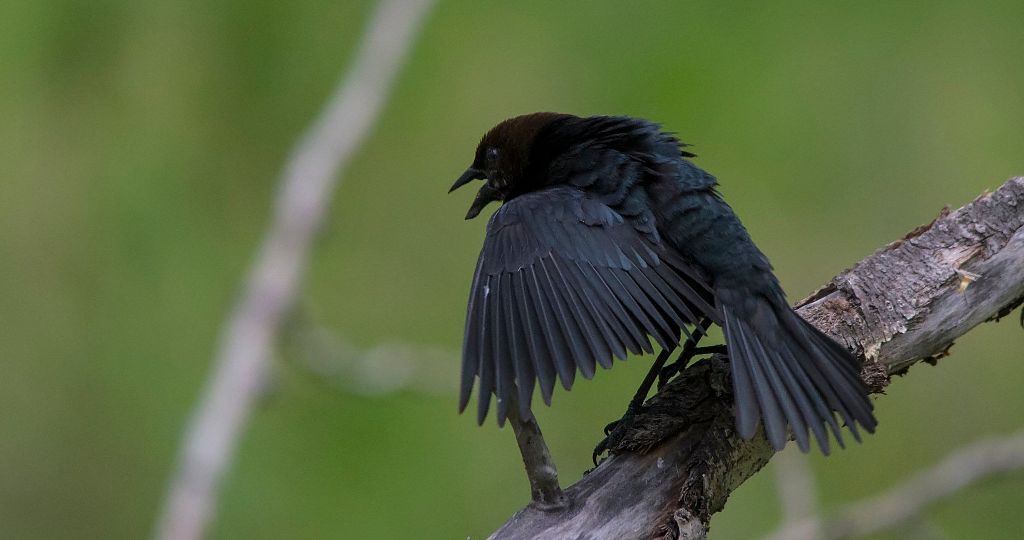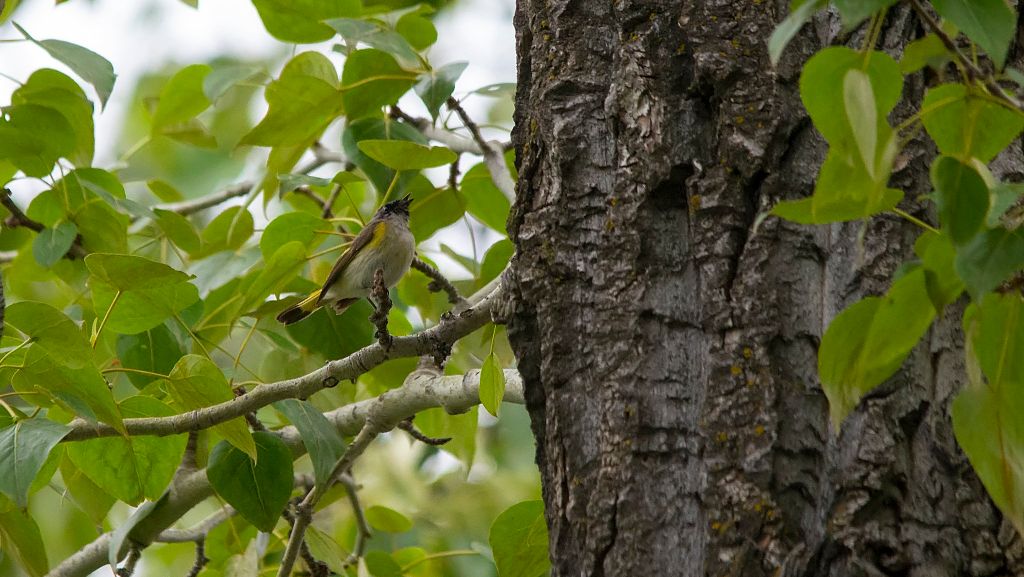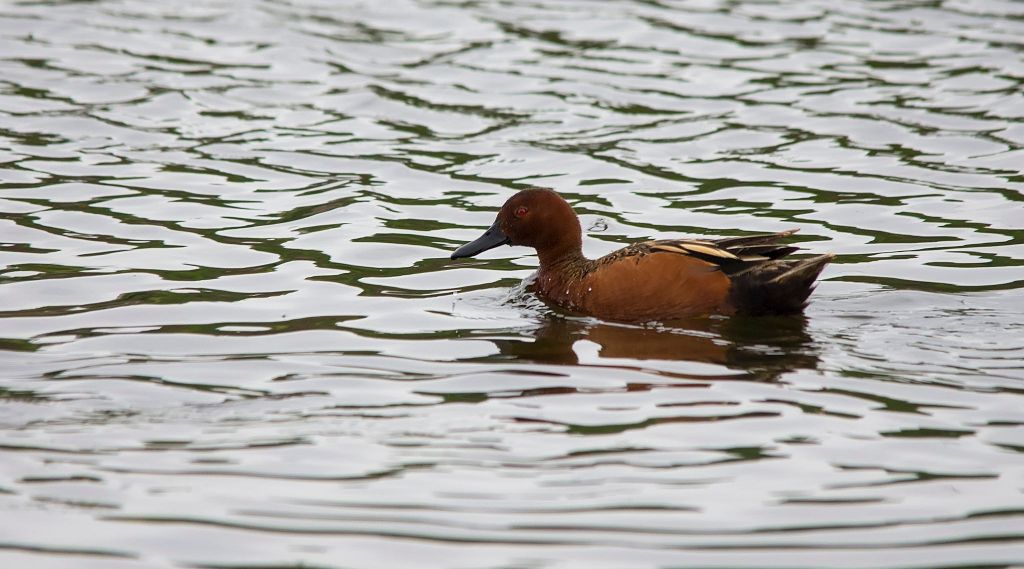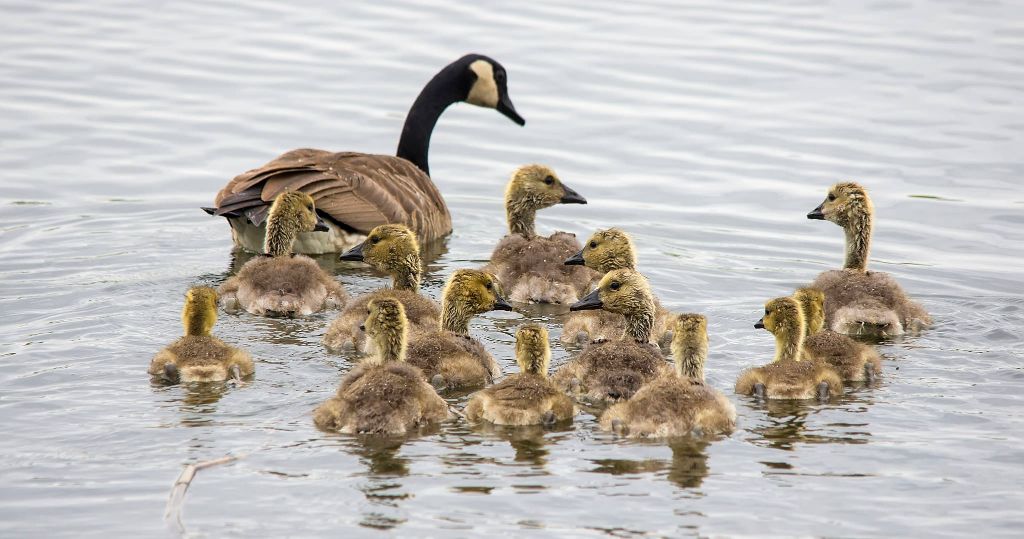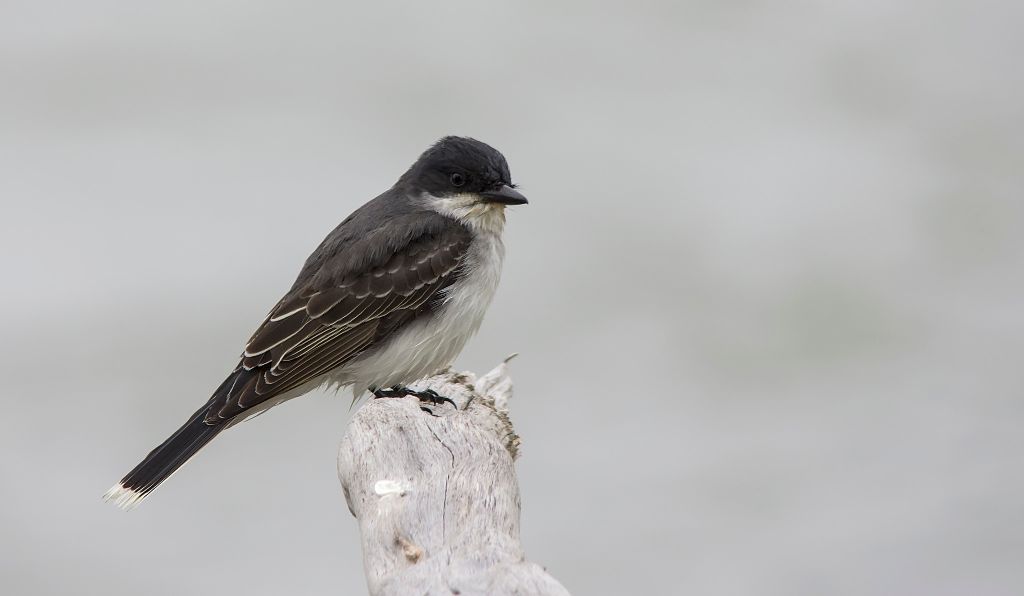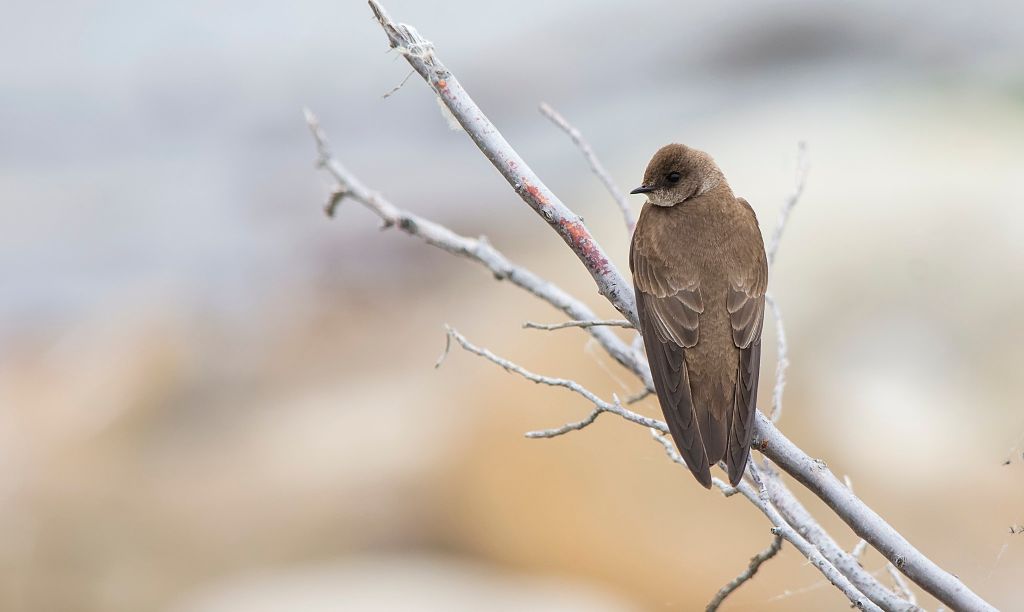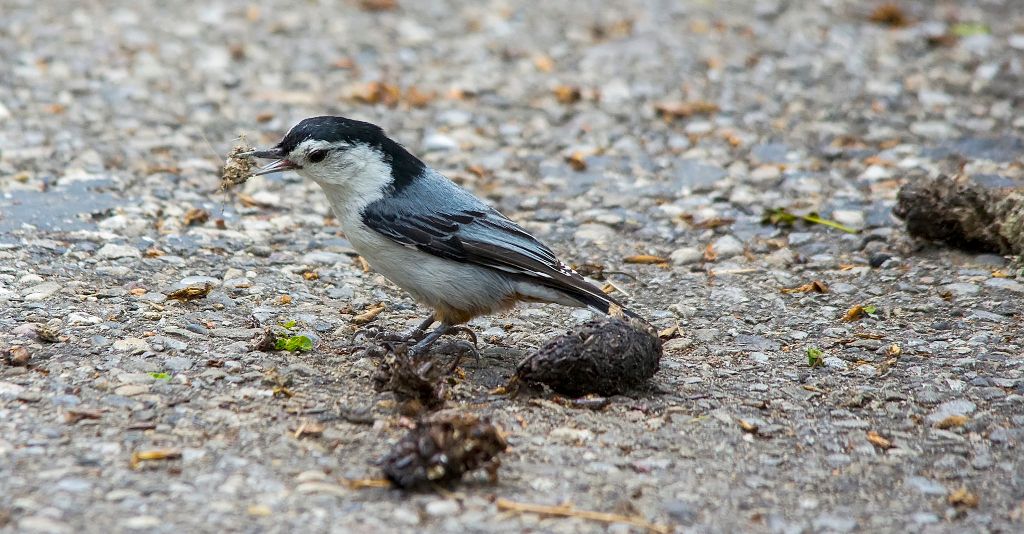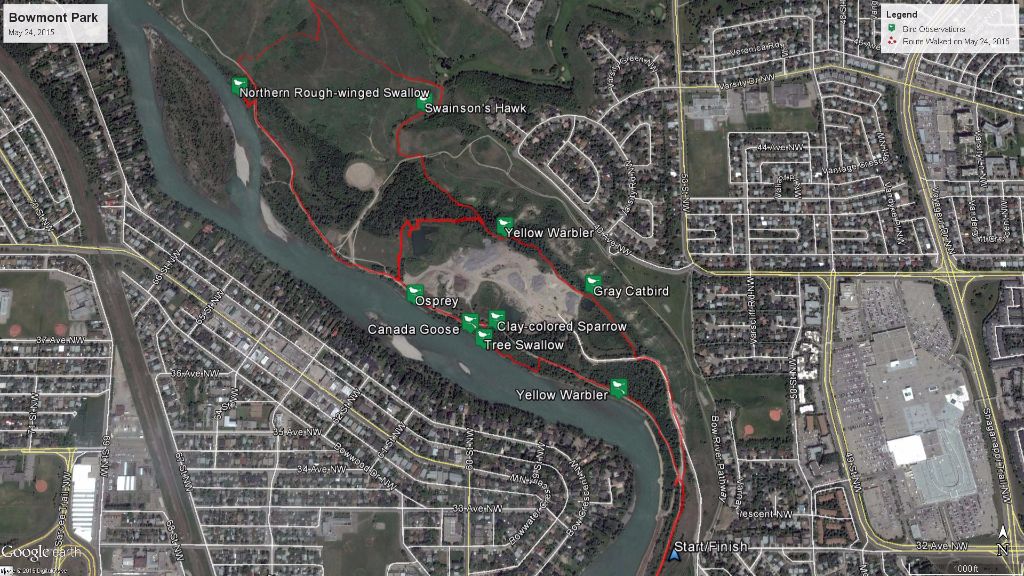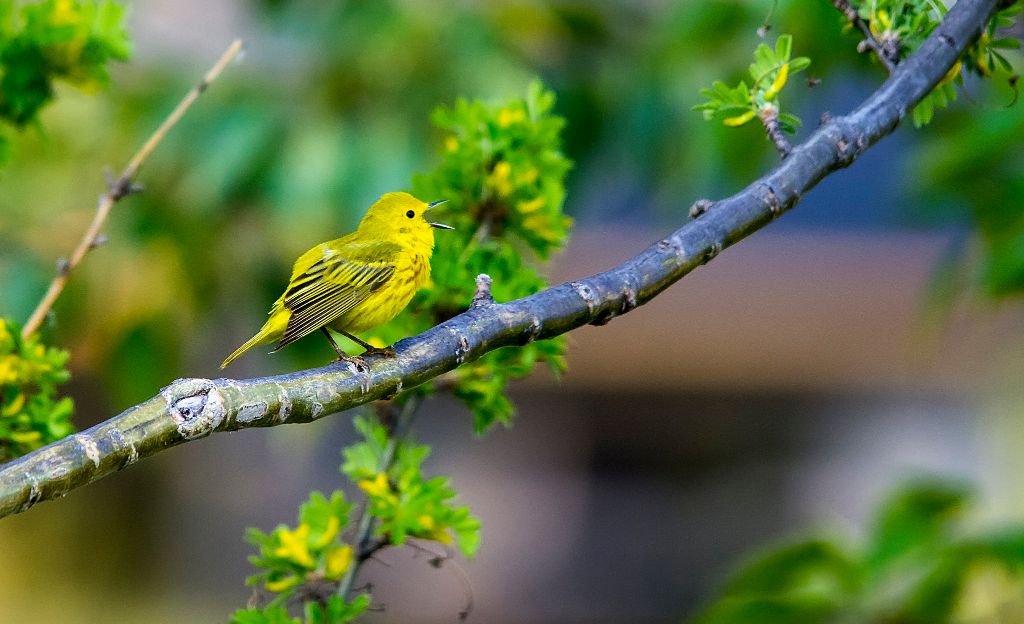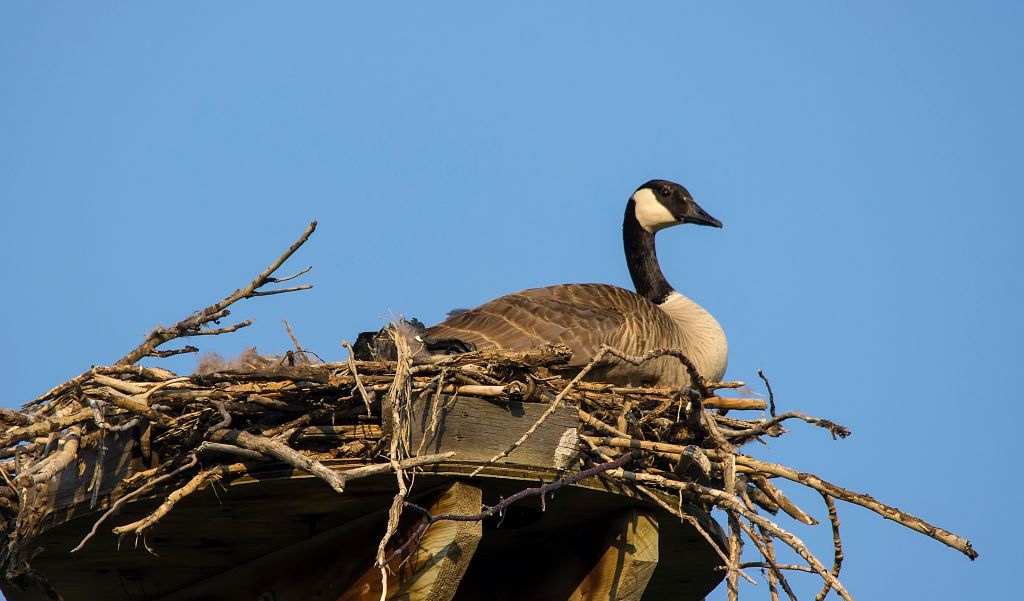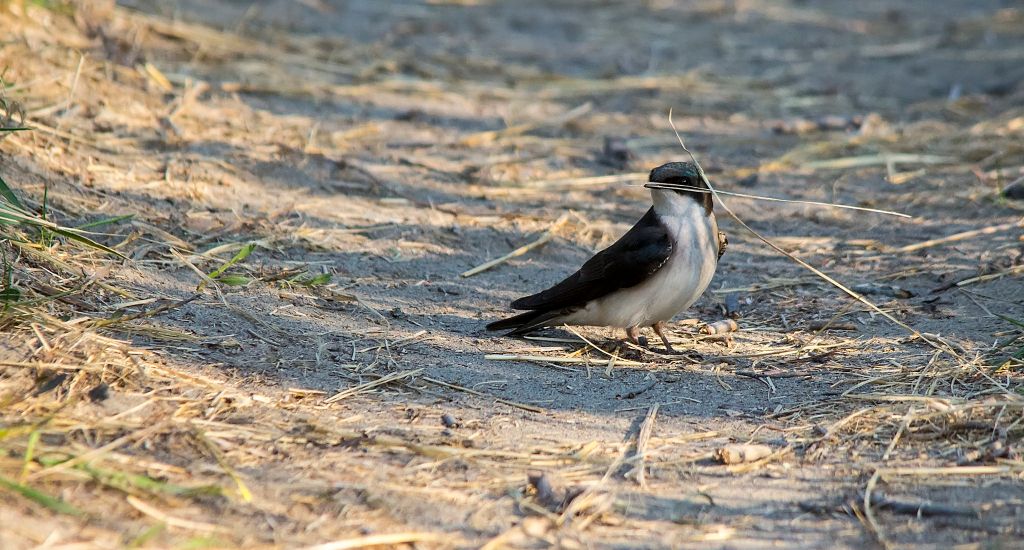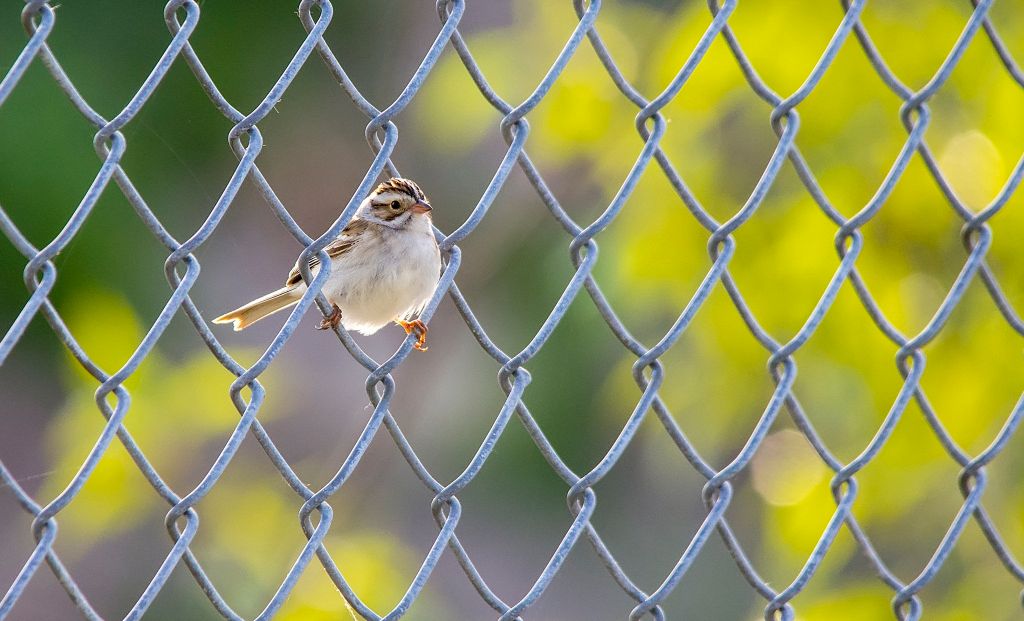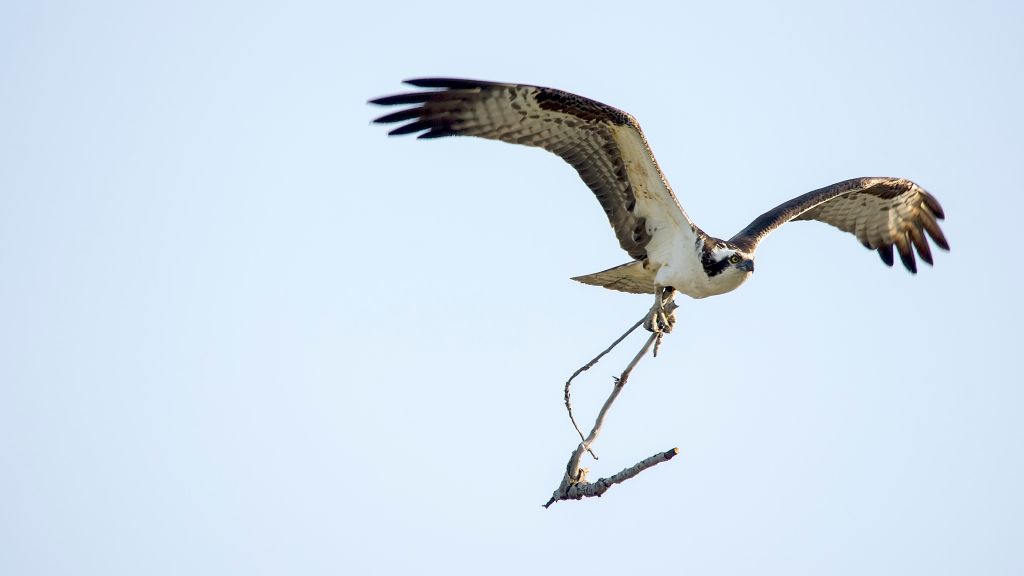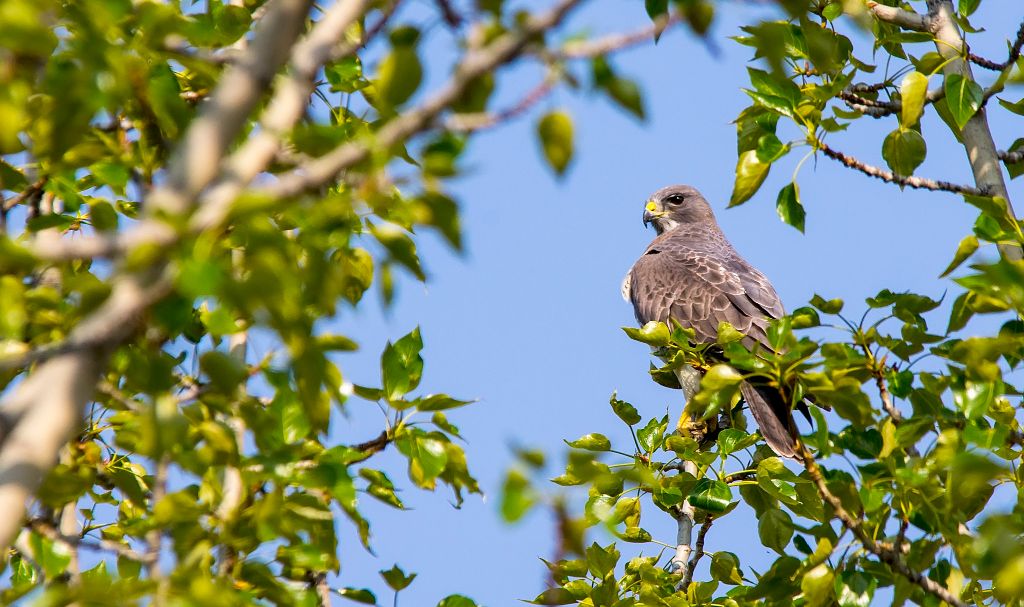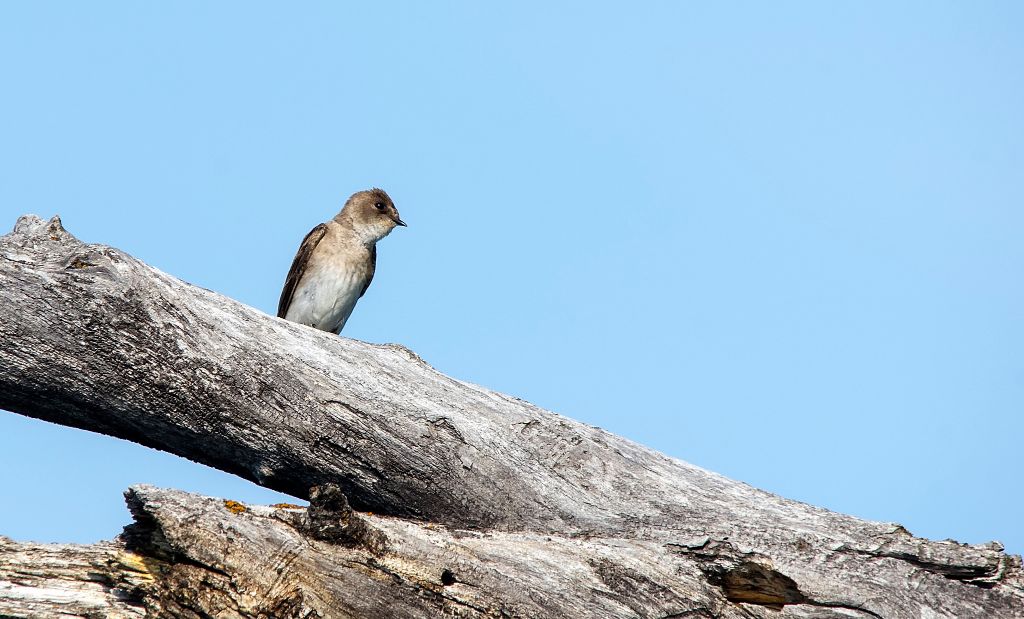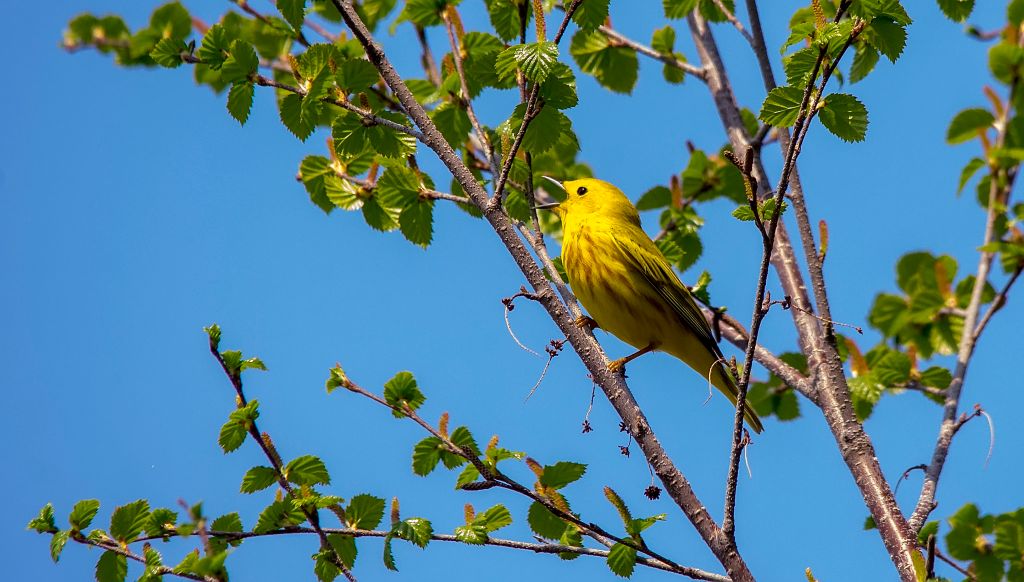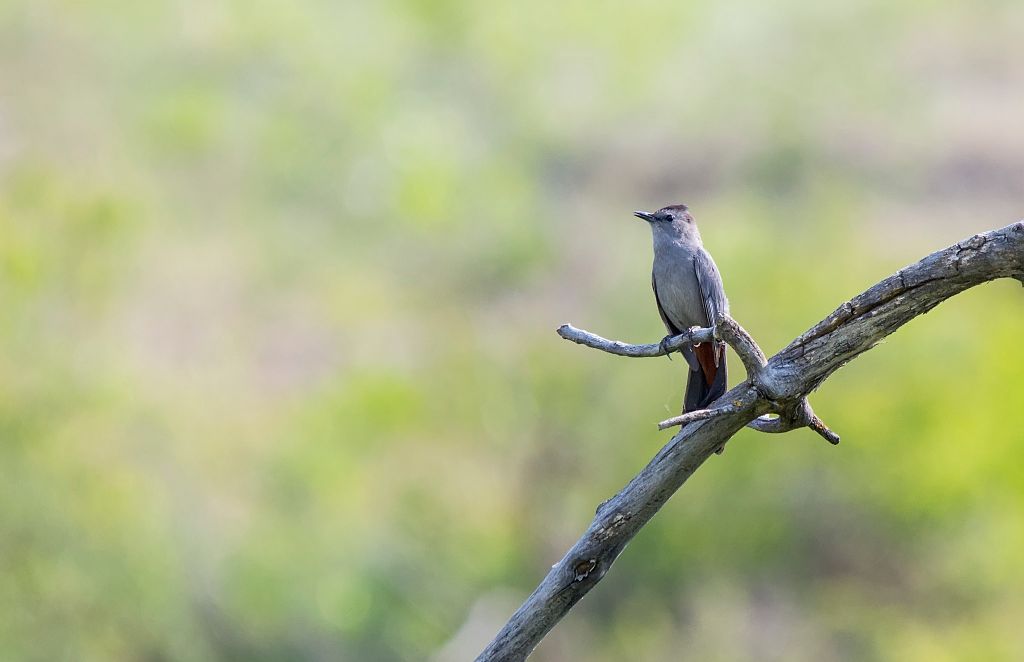Posted by Dan Arndt
Earlier this month I was able to take part in two walks with the Friends of Fish Creek out to the Irrigation Canal that runs parallel to the Bow River through south-east Calgary. Each day had its highlights and the overall experience was really quite incredible. While there’s not quite as much activity this late in the month, the week following the initial drainage of the canal can be quite productive for a wide variety of birds. From shorebirds to gulls to songbirds, the whole walk tends to be non-stop flying, foraging and feeding on everything living in the trees along the canal and the mud within it.
Two of the most common birds we often find along this walk are the two most easy to overlook, the American Robin and the European Starling. Their colors and contrasts really stand out on a bright clear fall day, especially with the right background!
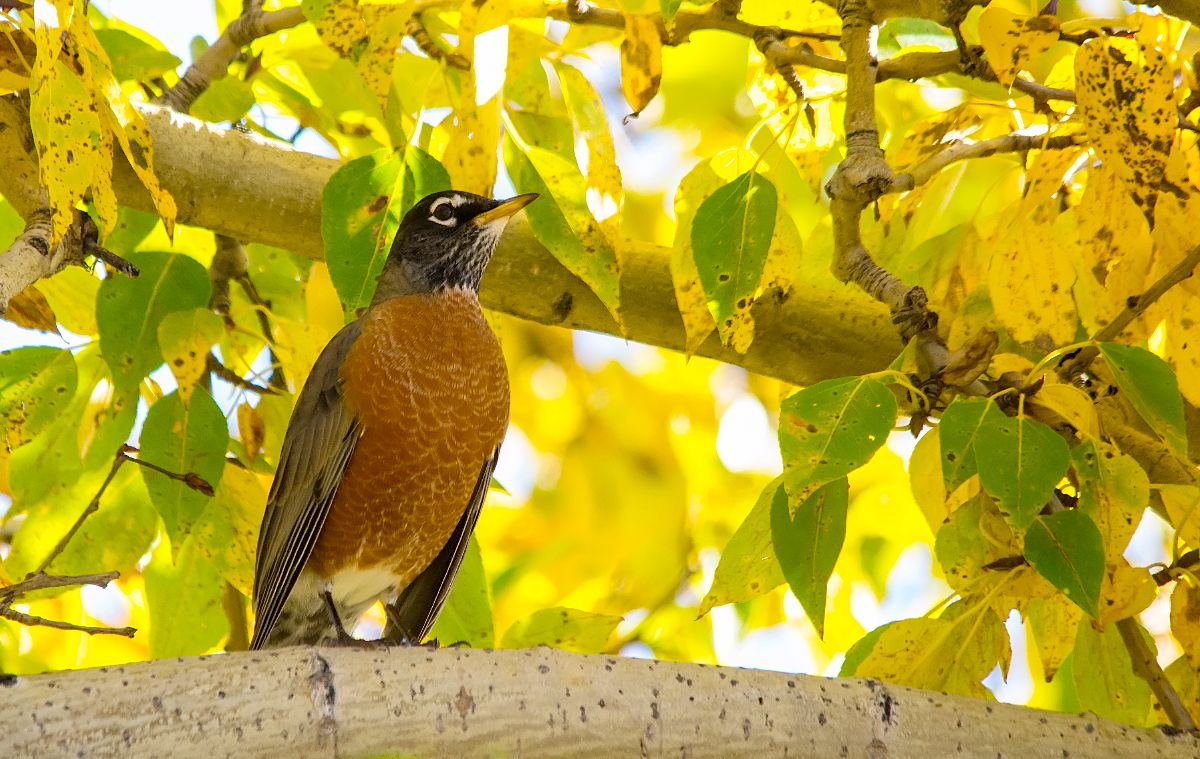 American Robin – [exif id=”14915″]
American Robin – [exif id=”14915″]
European Starling – [exif id=”14927″]
The Ring-billed Gulls are also one of the most numerous birds we find along the canal, aside from waterfowl, and until recent years, we’ve almost always had Bonaparte’s Gulls. We’re always on the look out for something a little more unusual, but so far we’ve failed to turn up anything less common.
Ring-billed Gull – [exif id=”14920″]
The main draw along the canal are the ever-present Hooded Mergansers. It’s not unusual to find at least a few males and at least a couple females cruising around feeding on the small invertebrates and fish in the main channel of the canal.
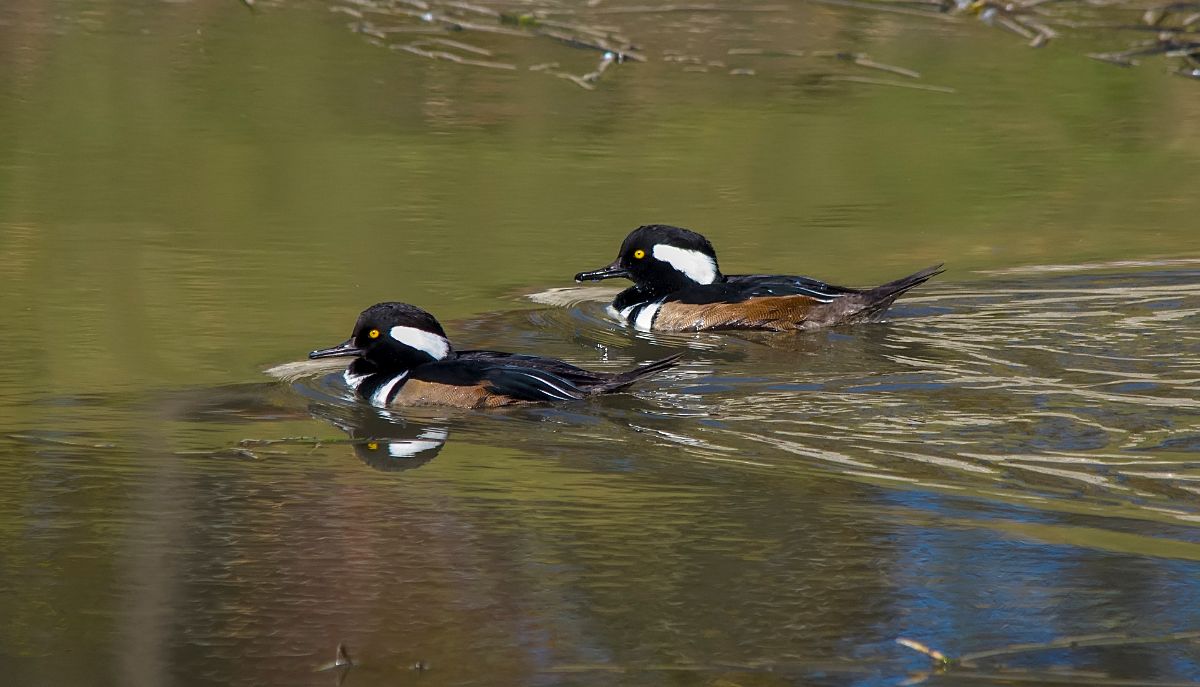 male Hooded Mergansers – [exif id=”14919″]
male Hooded Mergansers – [exif id=”14919″]
male Hooded Mergansers – [exif id=”14918″]
female Hooded Mergansers – [exif id=”14911″]
This late in the season we also get a good number of Greater Yellowlegs (and very rarely an occasional Lesser Yellowlegs). Even more interesting are the occasional falcons and raptors hunting them, like this female Merlin that took a dive at a large group of yellowlegs, flushing the majority of them!
Greater Yellowlegs – [exif id=”14917″]
female Merlin – [exif id=”14913″]
female Merlin in flight – [exif id=”14914″]
In addition to the Merlins we saw on both days at the canal, on the 8th we had a couple of interesting fly-overs. A Rough-legged Hawk and an immature Golden Eagle soared over on some high thermals, offering a few opportunities for us to identify them from below. Golden Eagles aren’t particularly common within the city limits, so my first thought was that it was an immature Bald Eagle. After reviewing the photos though, it was most certainly a Golden, which was quite an exciting find! Those broad, squared off wings, golden nape, and white patches in the middle of the underwing are really good features to look for on an immature Golden Eagle.
Rough-legged Hawk – [exif id=”14922″]
Golden Eagle – [exif id=”14921″]
New for me this year was a bit of variety in the makeup of shorebirds, with a fair number of Long-billed Dowitchers making an appearance, which we identified by their flight calls, and a lone American Golden-Plover, which is yet another relatively rare bird in the area, especially within the city limits!
Long-billed Dowitchers – [exif id=”14923″]
American Golden-Plover and Greater Yellowlegs – [exif id=”14924″]
American Golden-Plover – [exif id=”14924″]
Our last bird of the day, and maybe the last members of this species of the season, were a small number of Double-crested Cormorants. While these birds are fairly uncommon around the city, they’re not quite as loathed here as they are in eastern Canada, so most of us still enjoy seeing them from time to time along the Bow River.
Double-crested Cormorant – [exif id=”14916″]
While there aren’t usually too many mammals along this route, we did find a lone Muskrat on both of our outings, in almost exactly the same spot north of the Gosling Way bridge over the canal. He (or she) was foraging and collecting grasses and stems to store away for the winter.
Muskrat – [exif id=”14909″]
And that’s it for another week here on the blog. Have a great one, and good birding!
